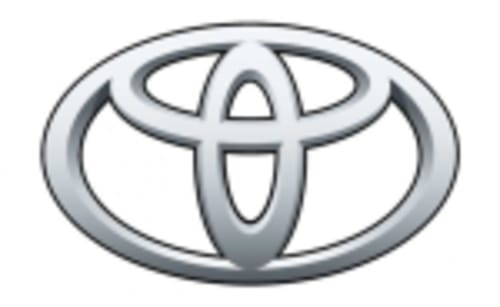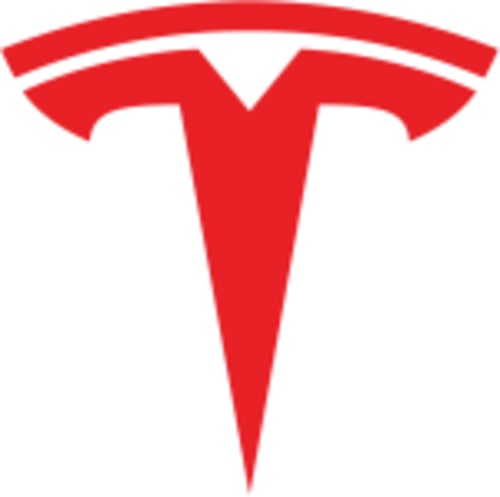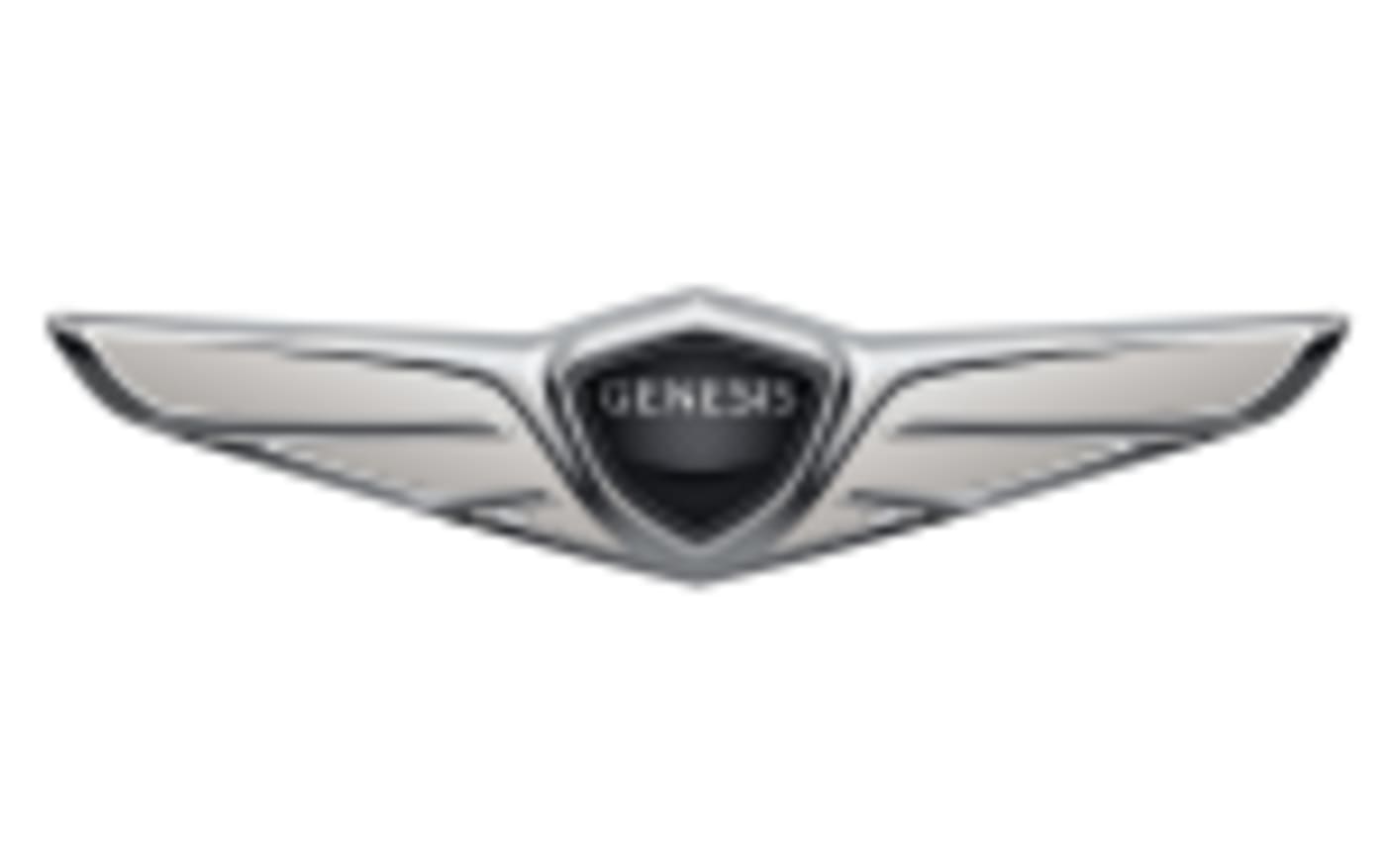Information and electric vehicles of the [object Object] brand
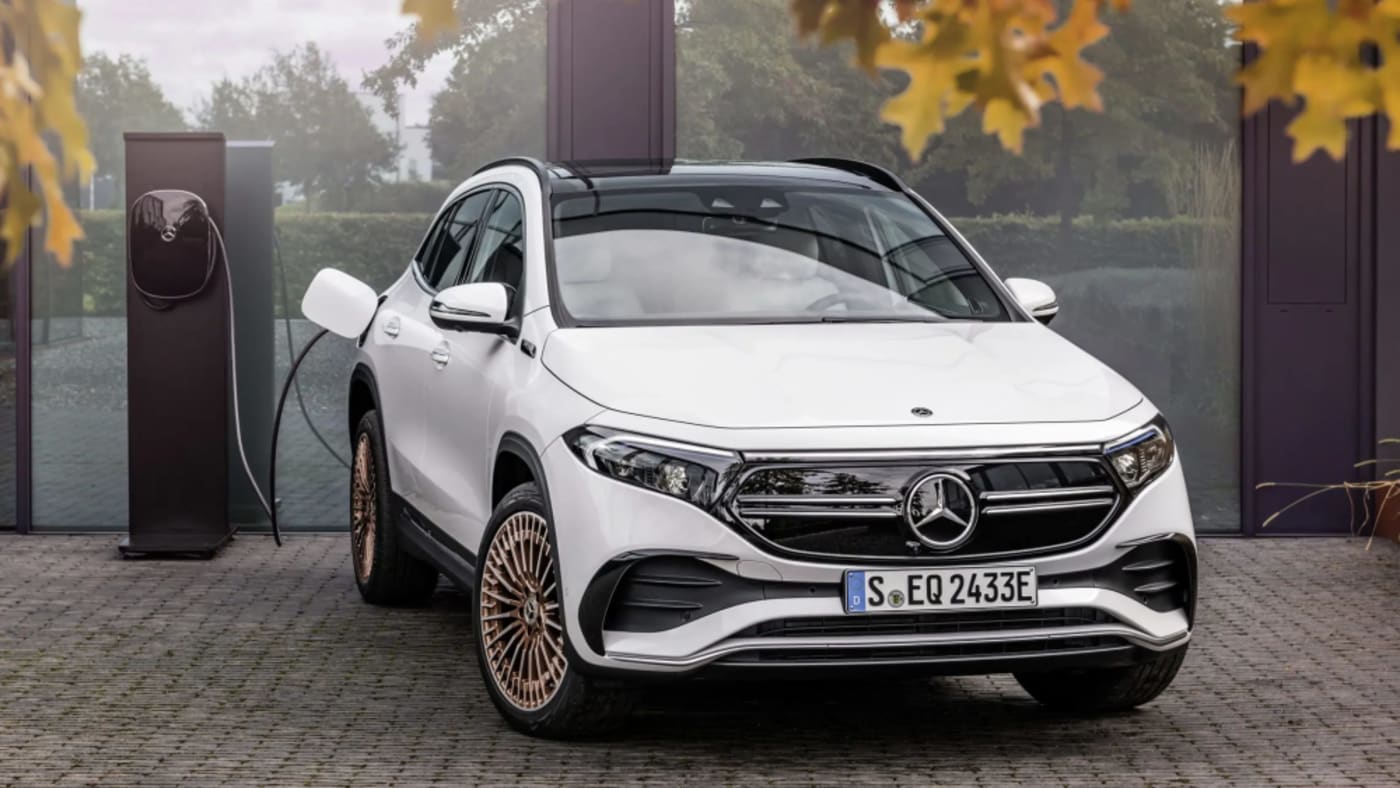
![[object Object] logo](https://res.cloudinary.com/donyiousk/image/upload/w_80/f_auto/c_scale,w_500/v1/car/dgf9umrtavgzgdn2qvhk)
Mercedes
The future of driving is electric.

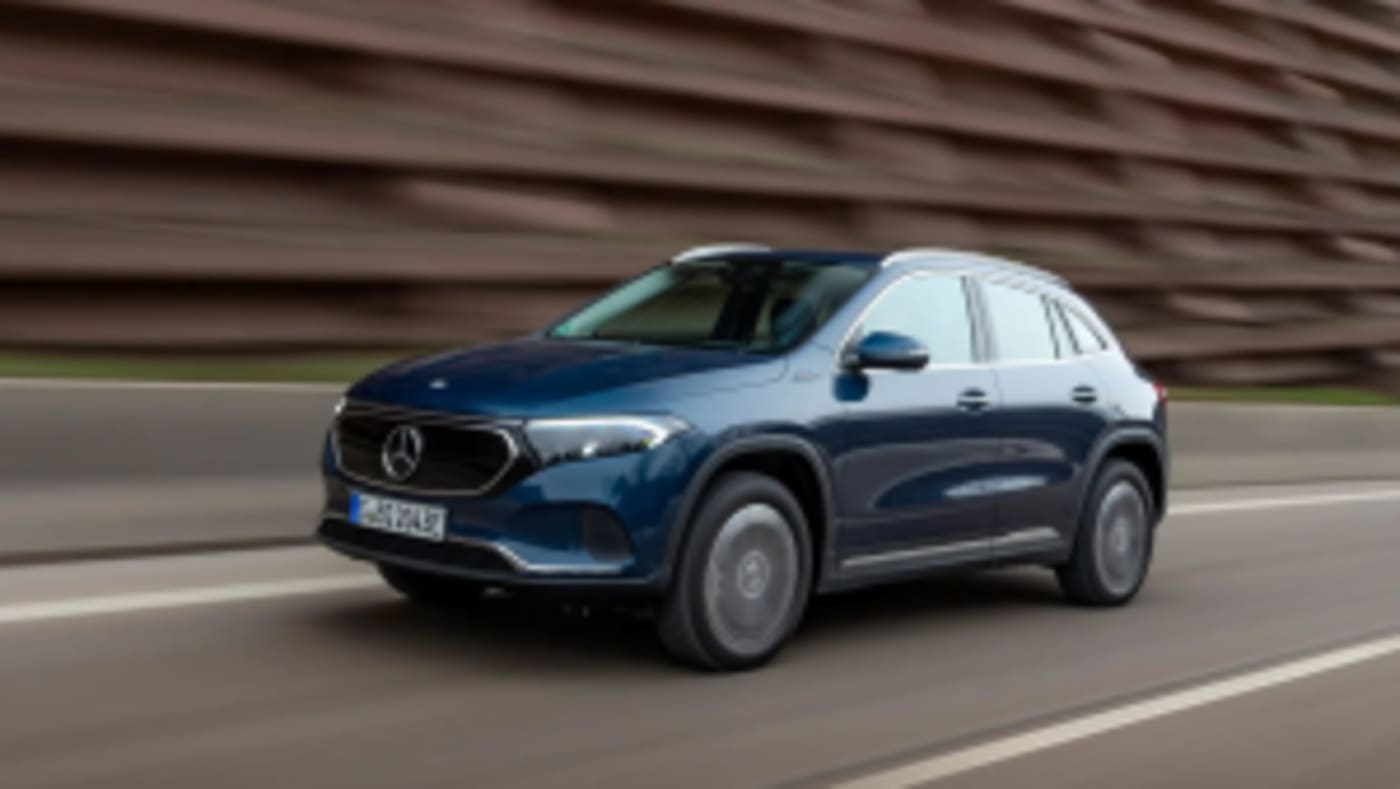
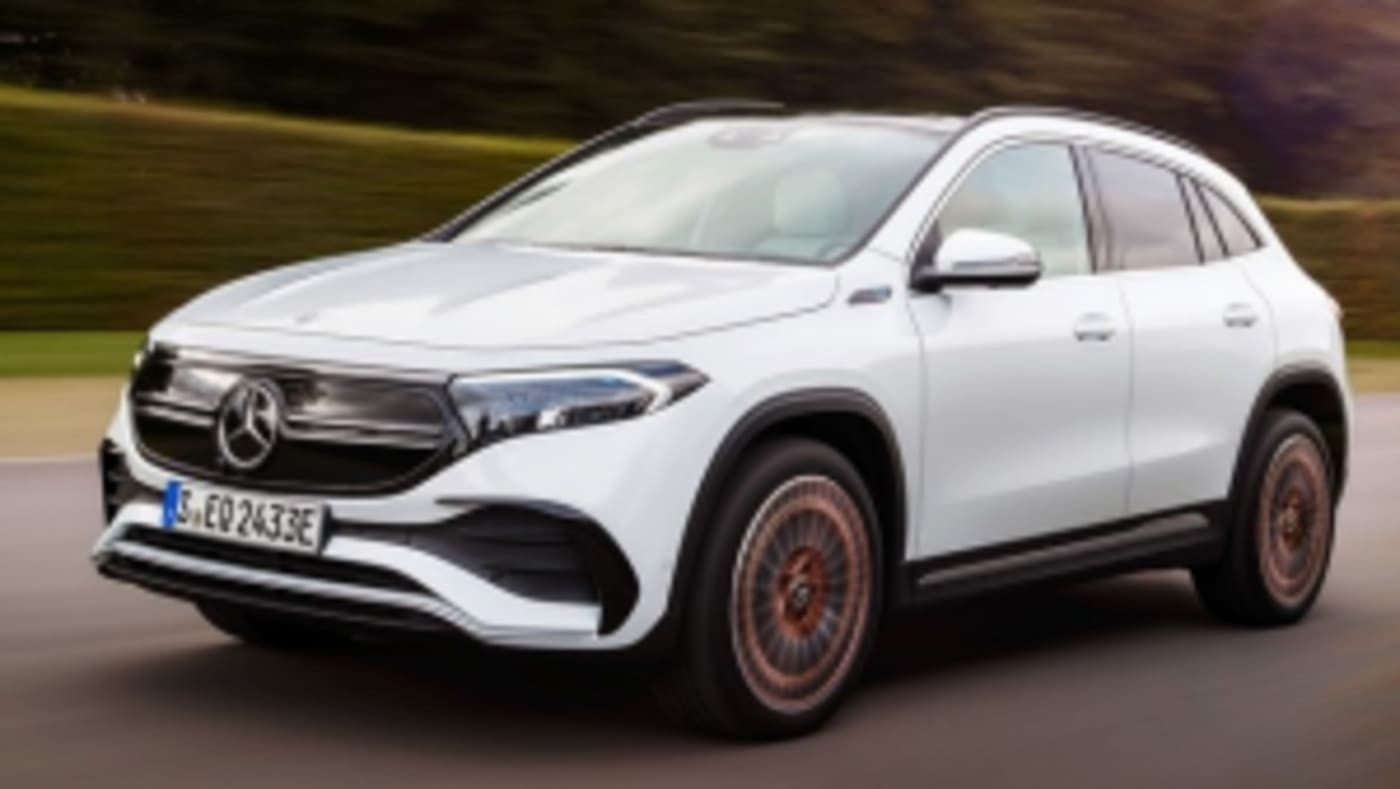
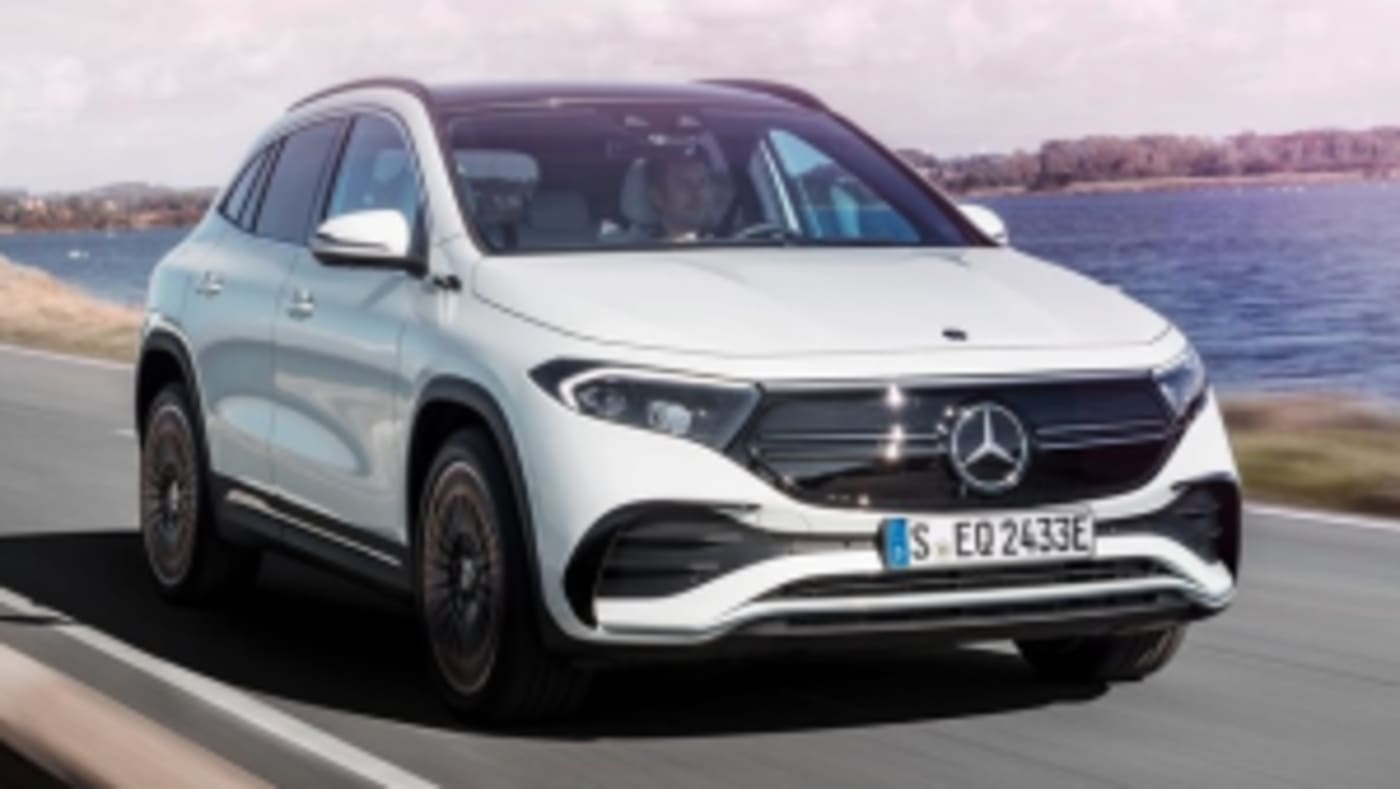


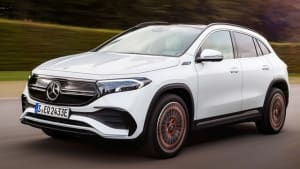
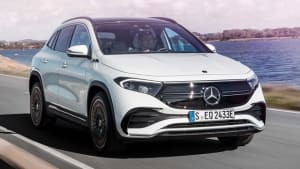
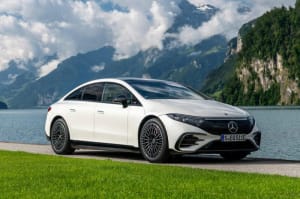
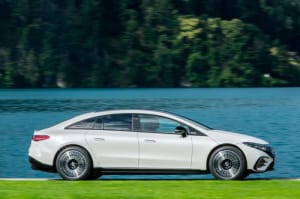
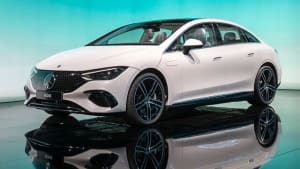
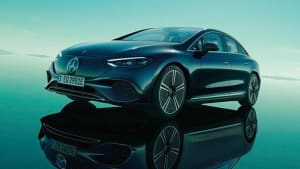
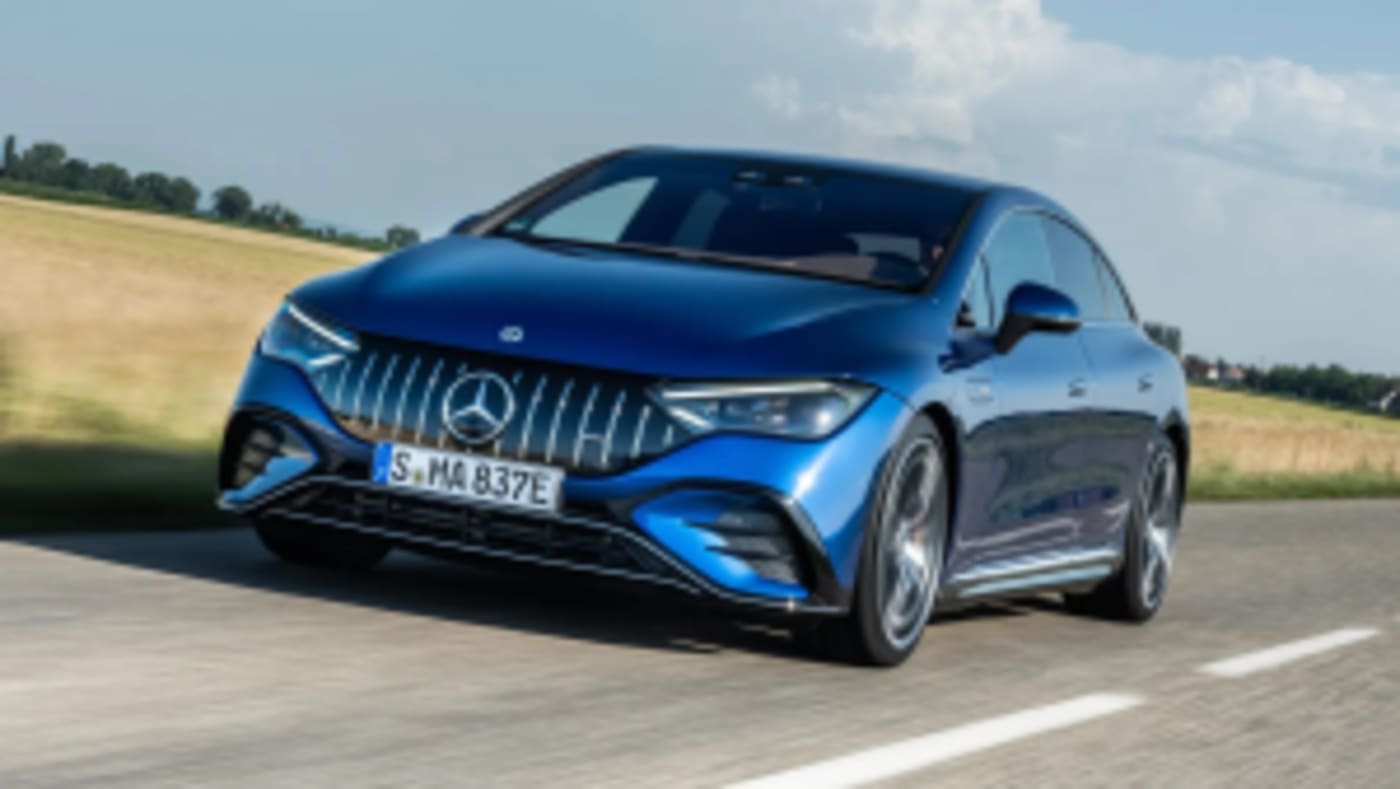
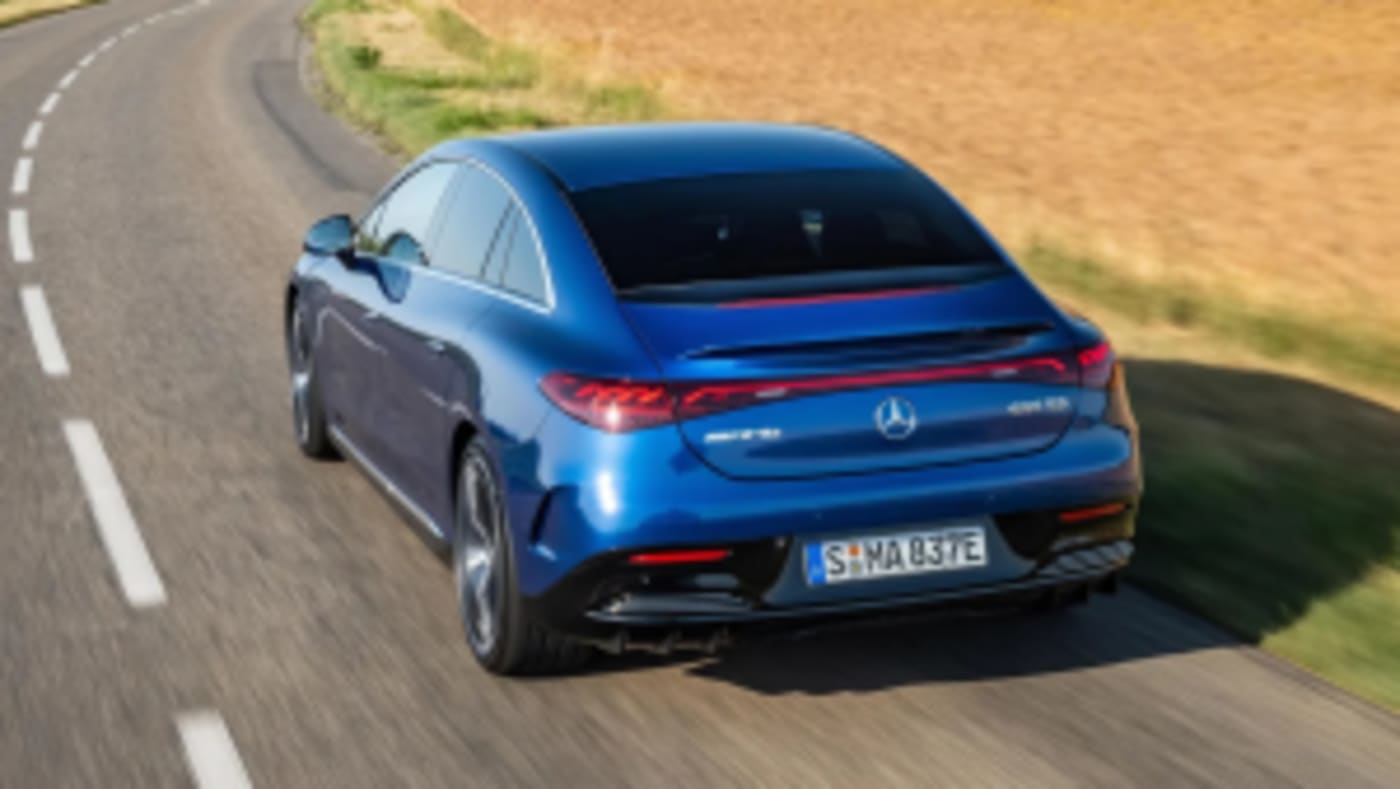
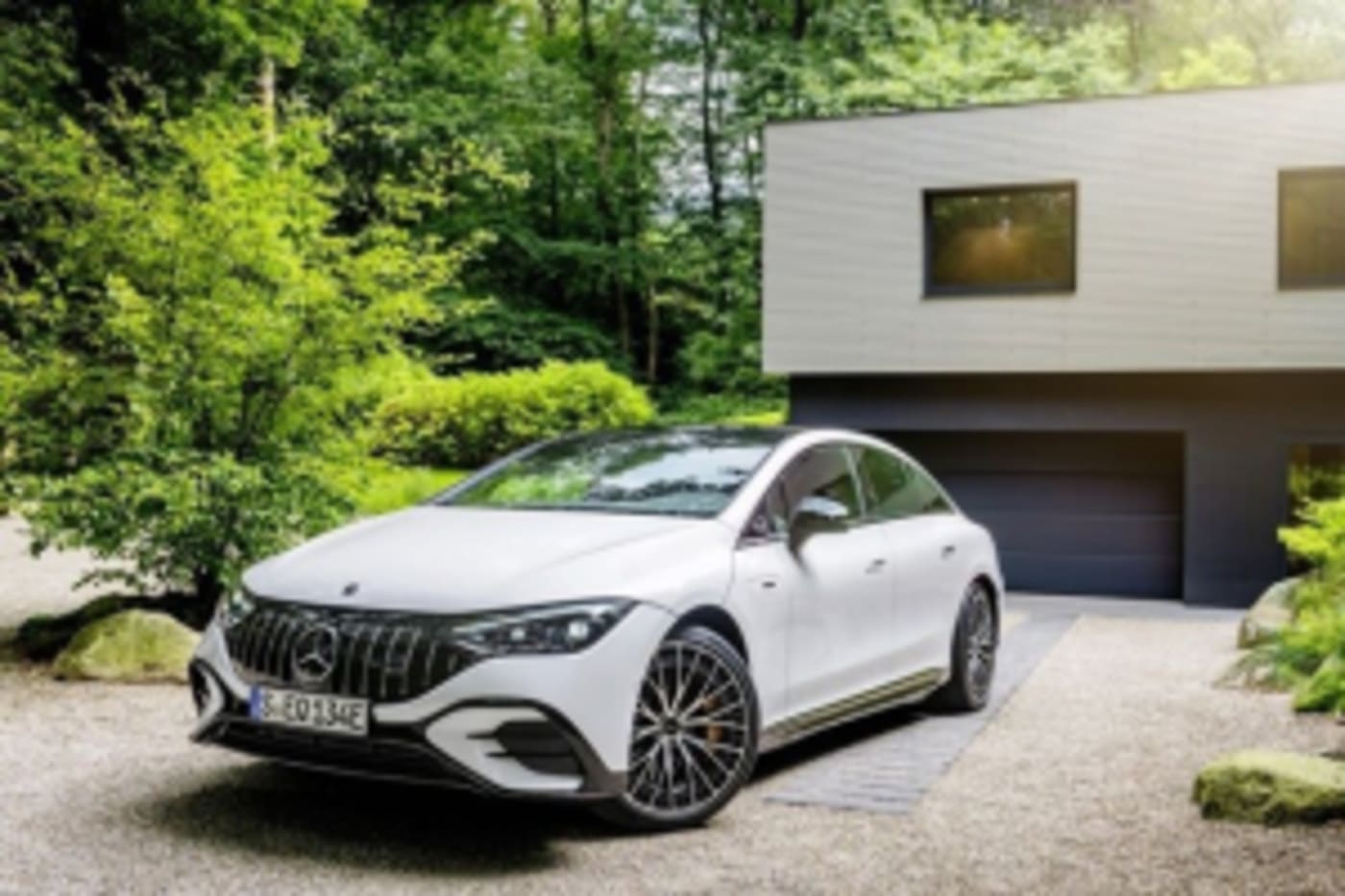
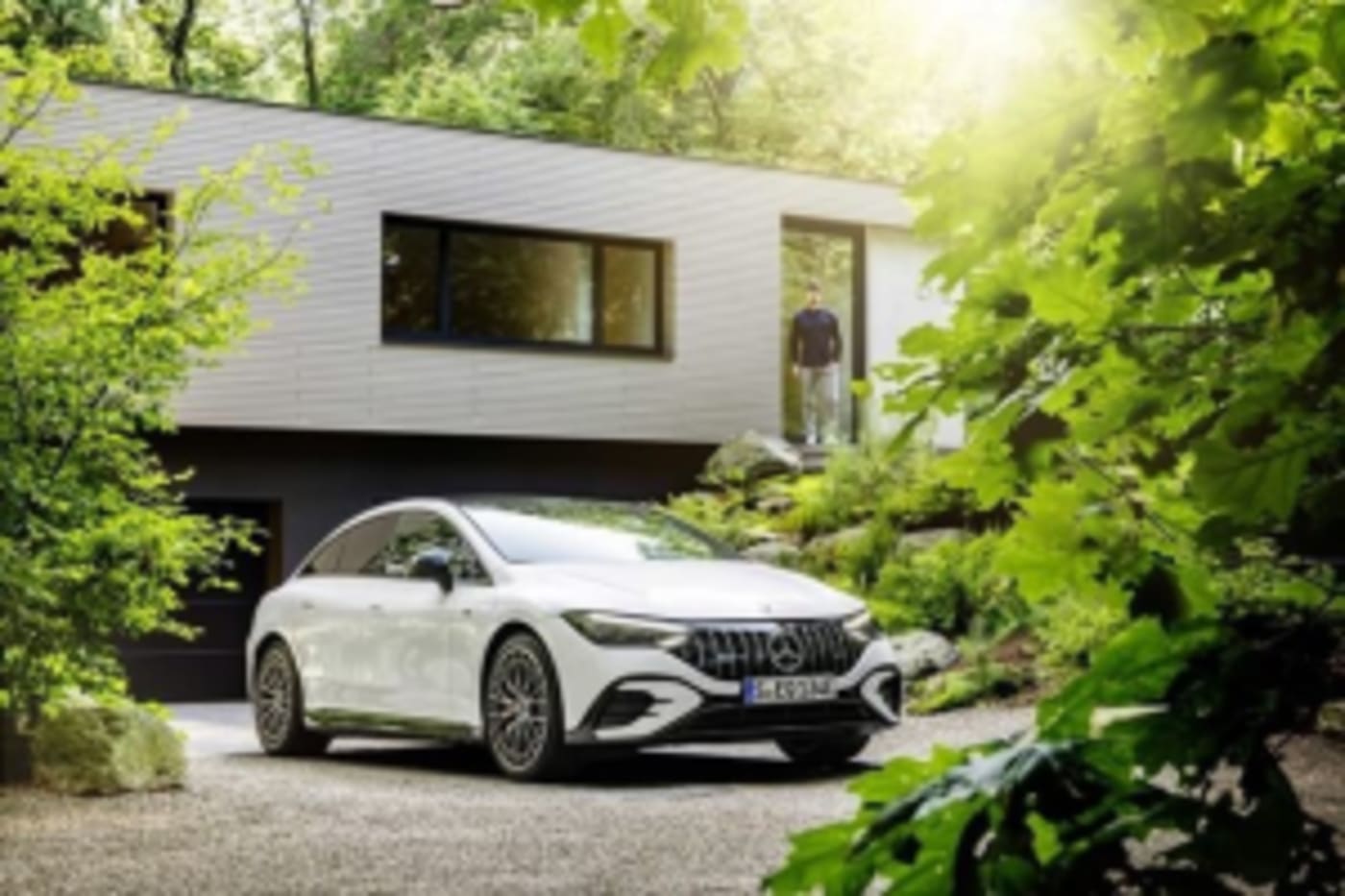
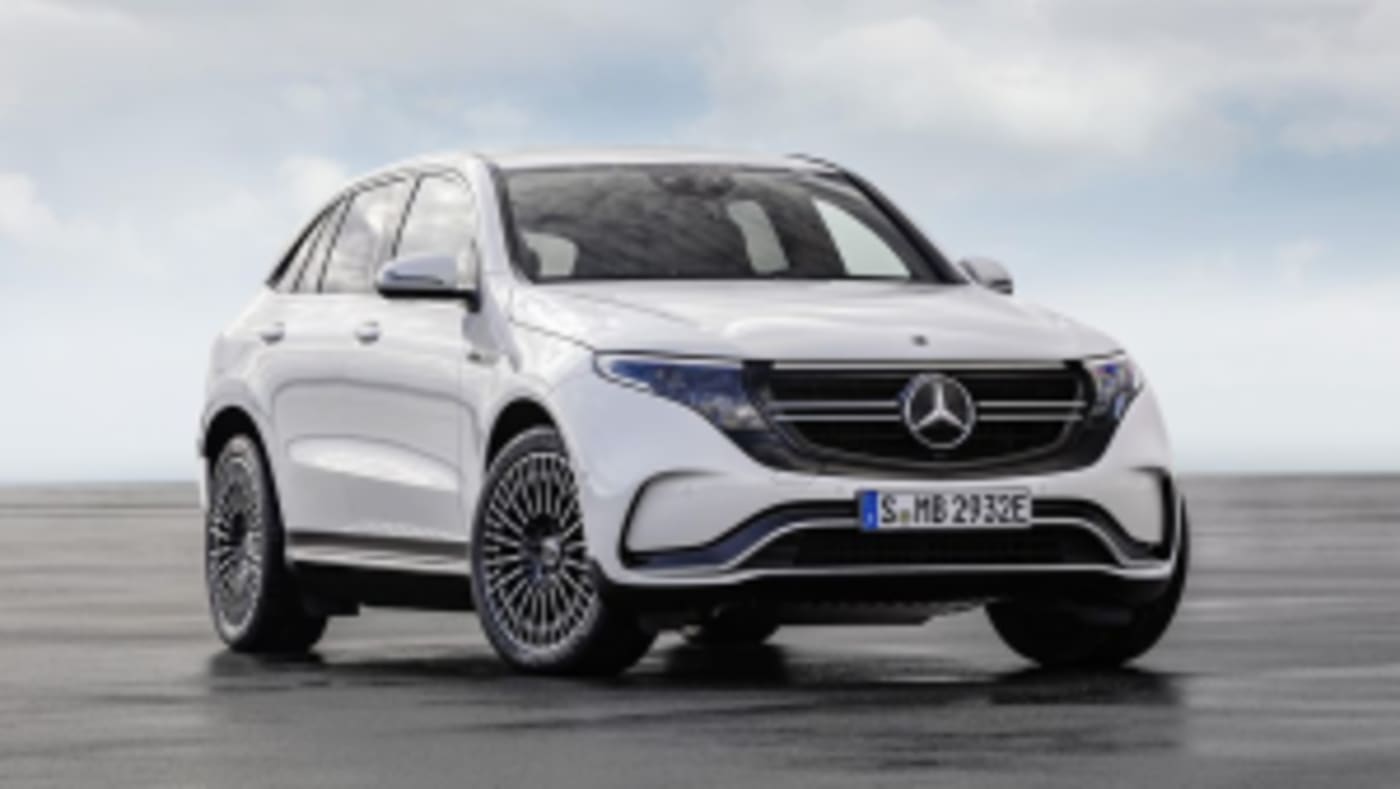
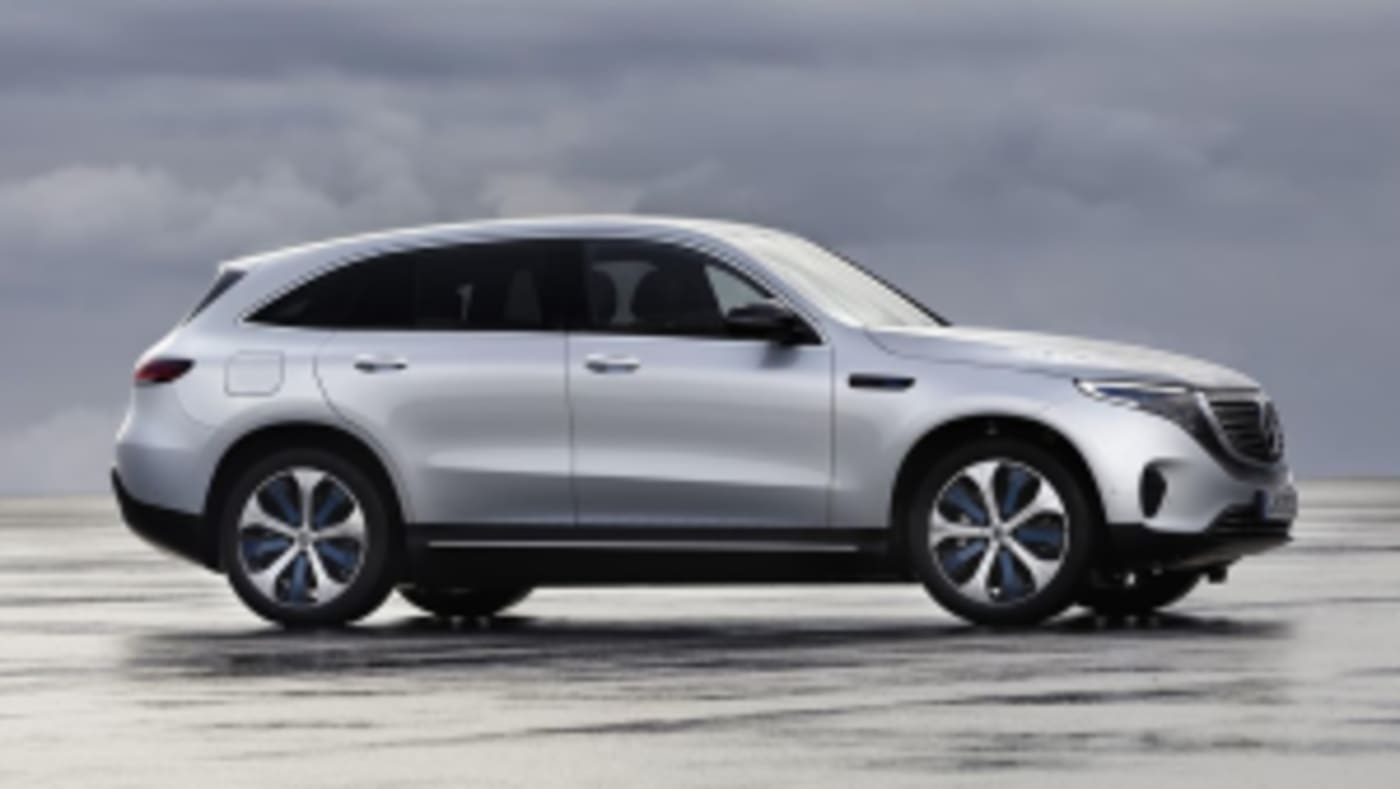
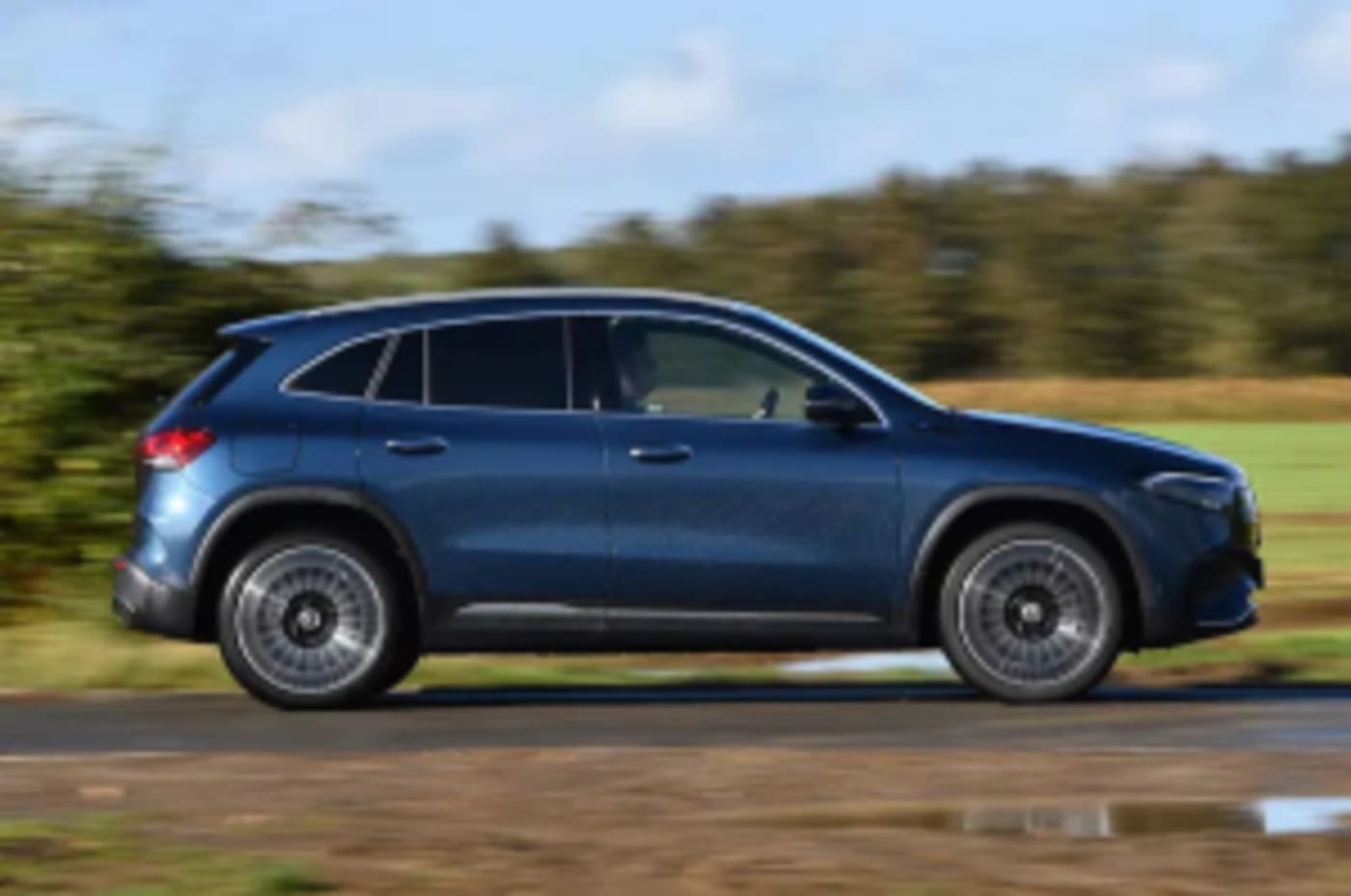
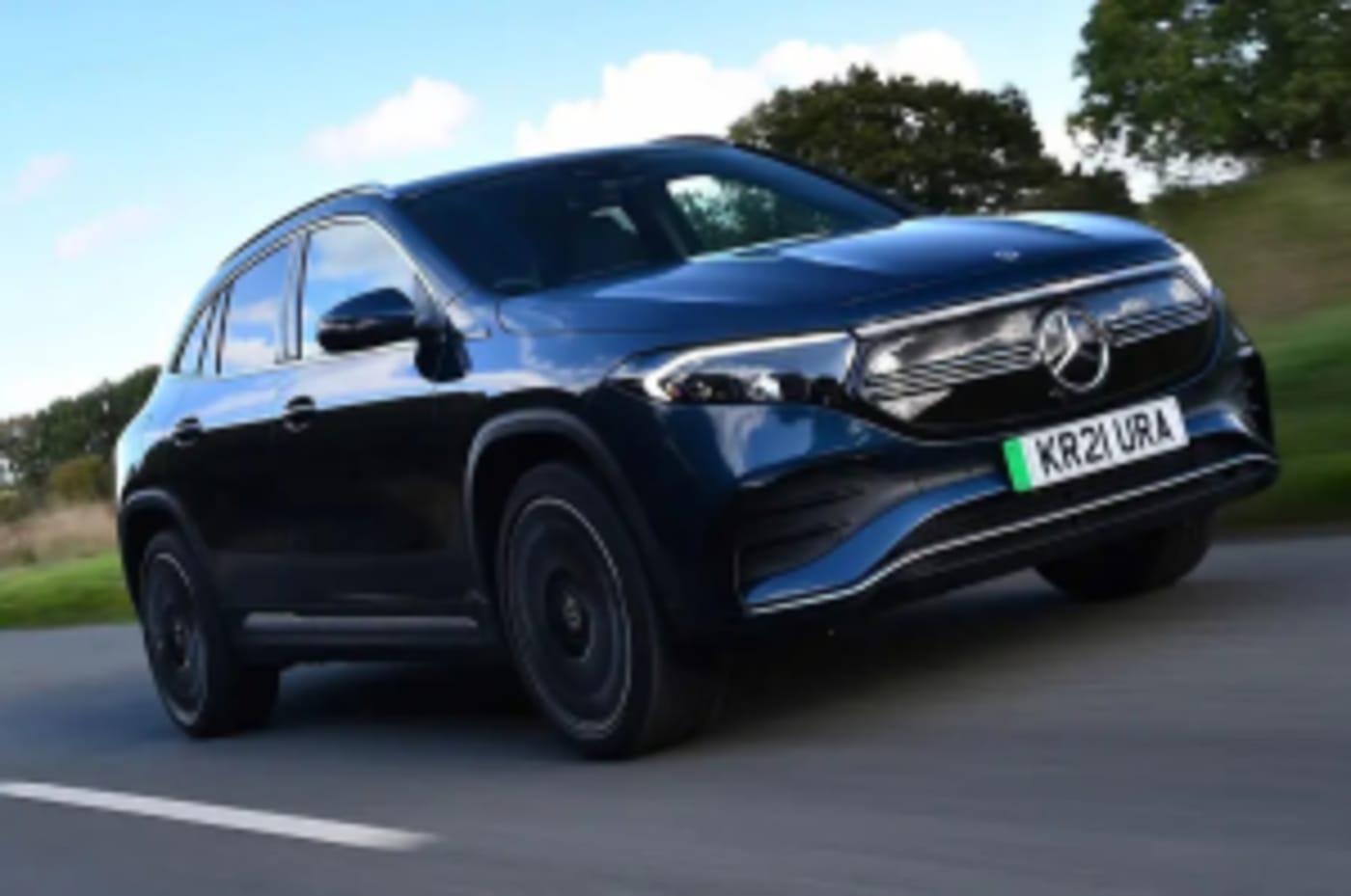
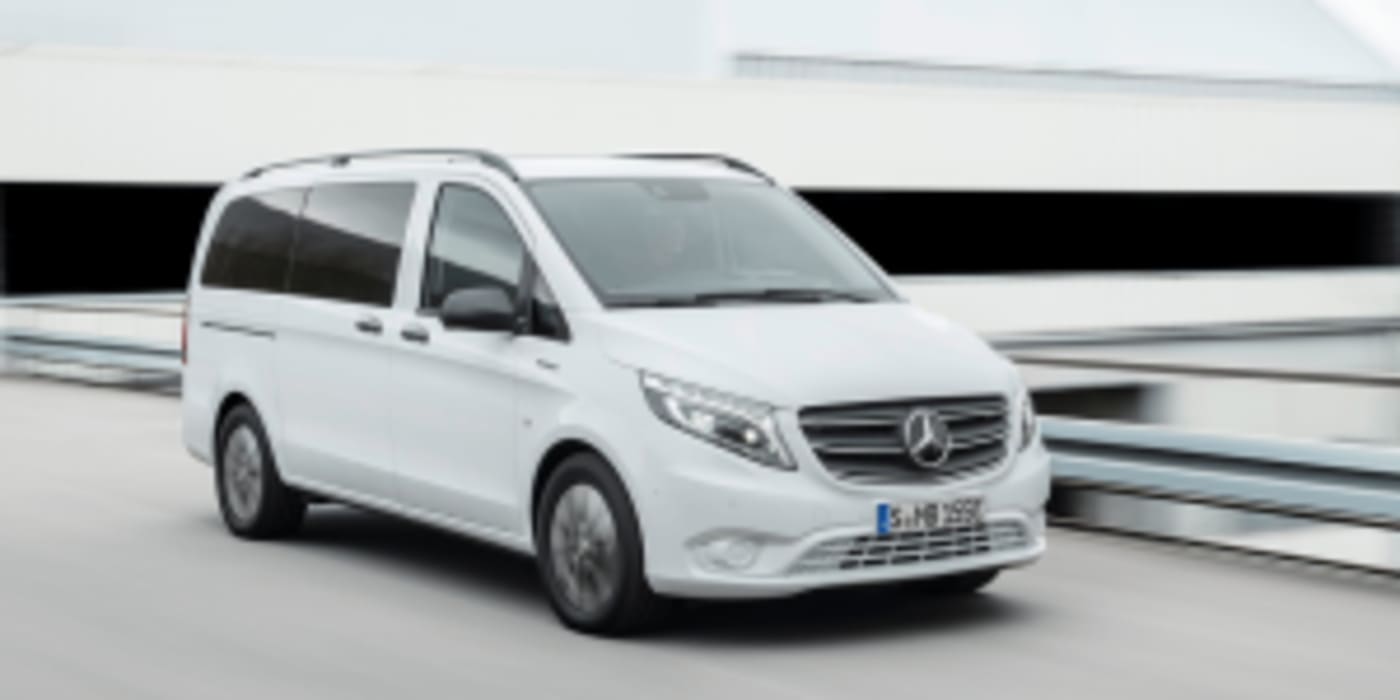
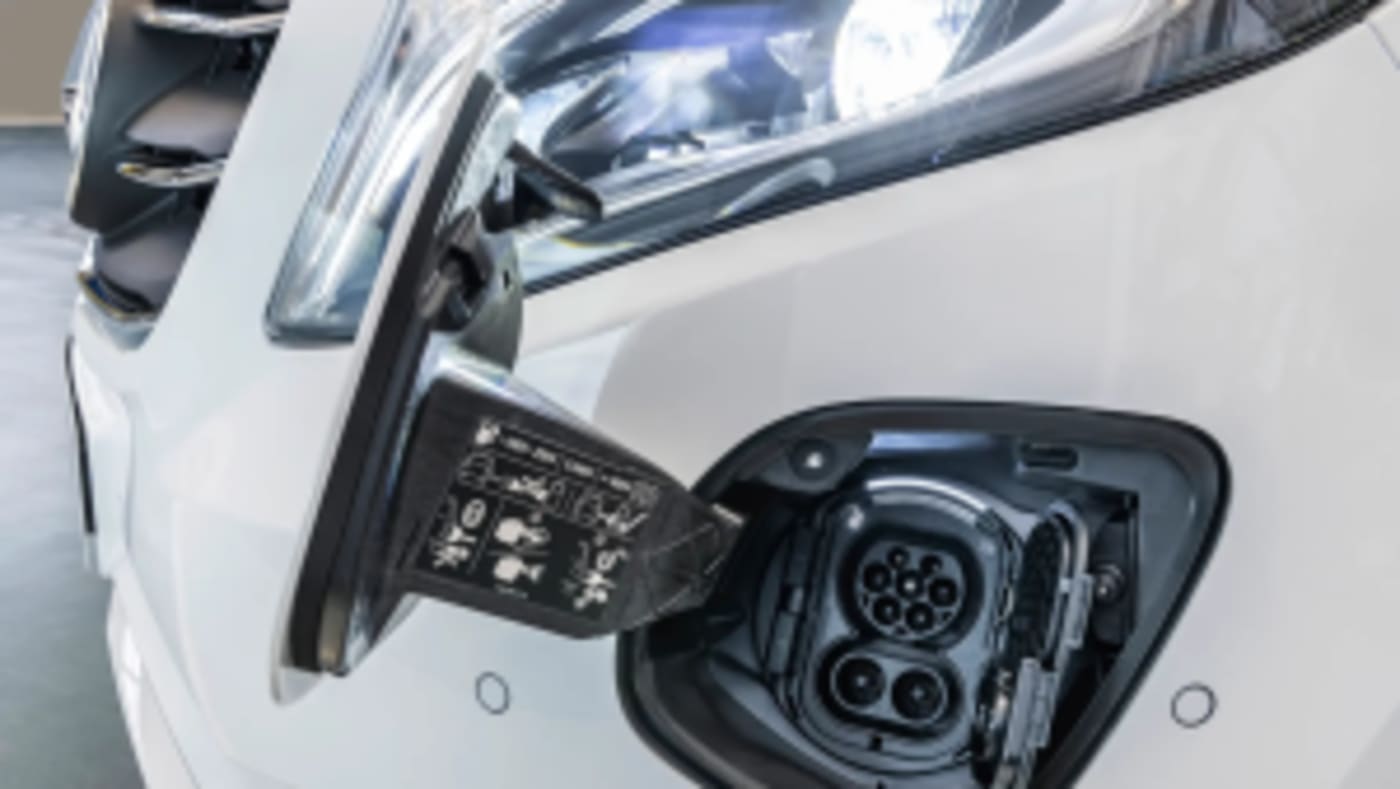
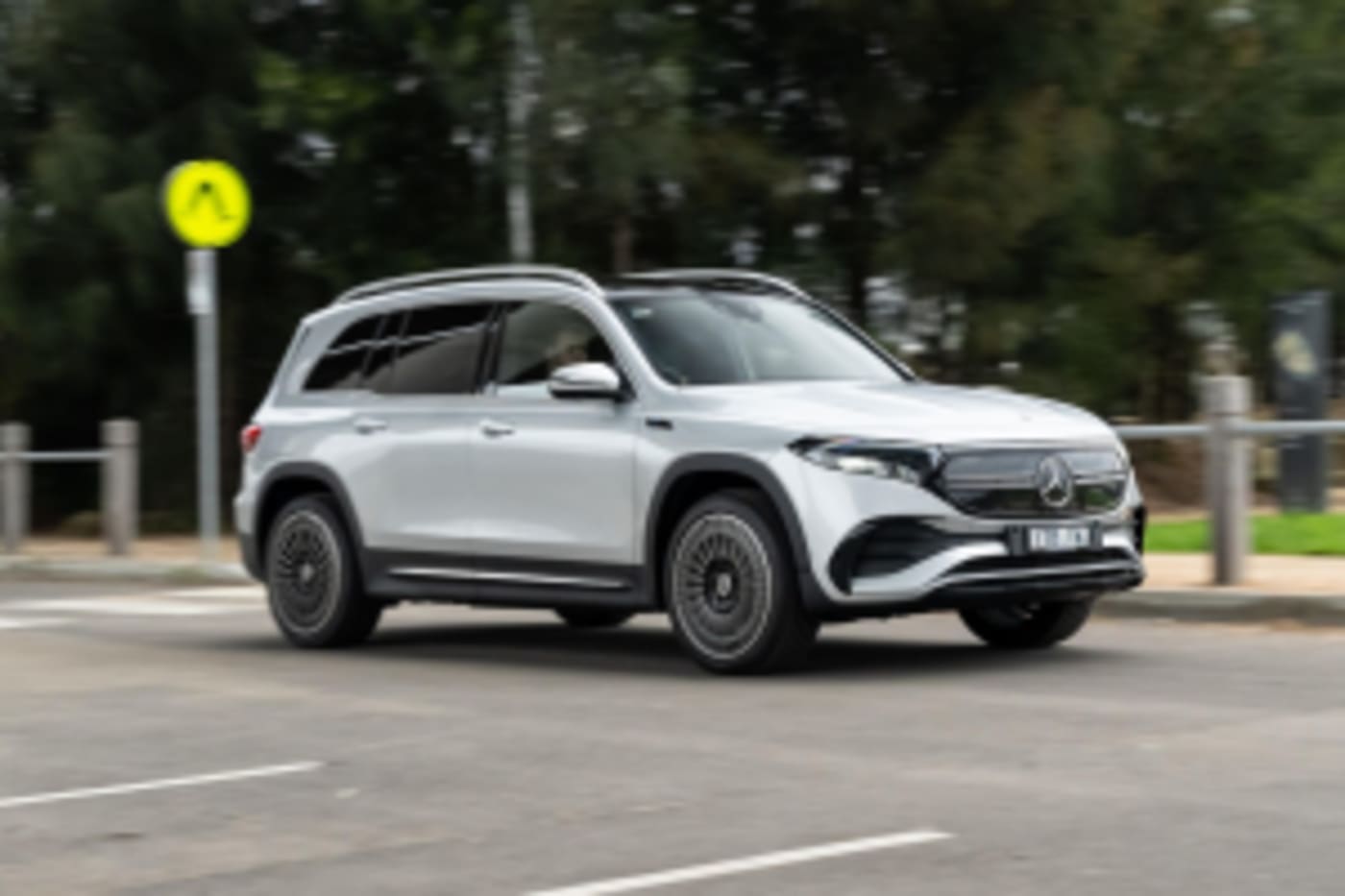
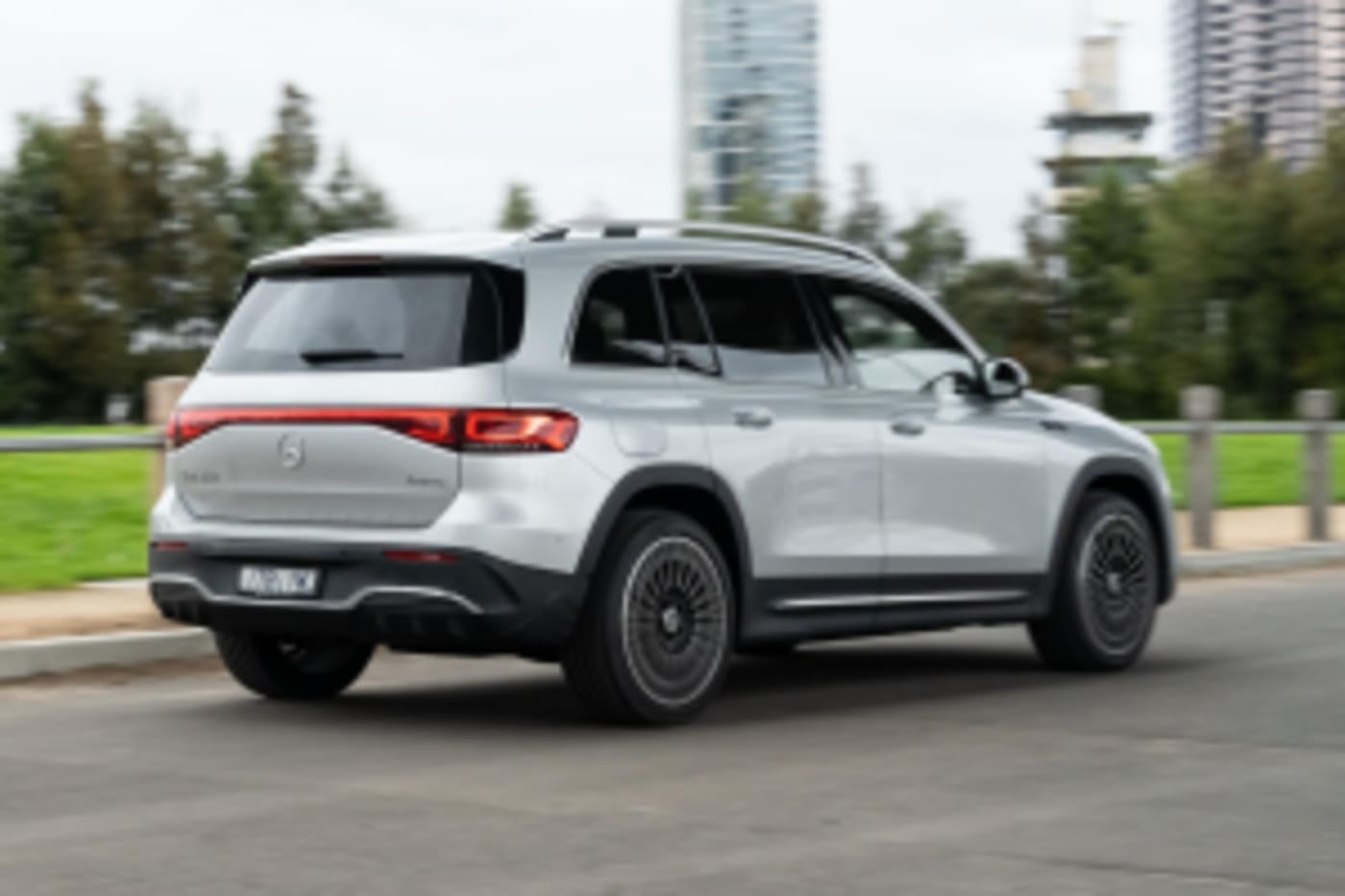
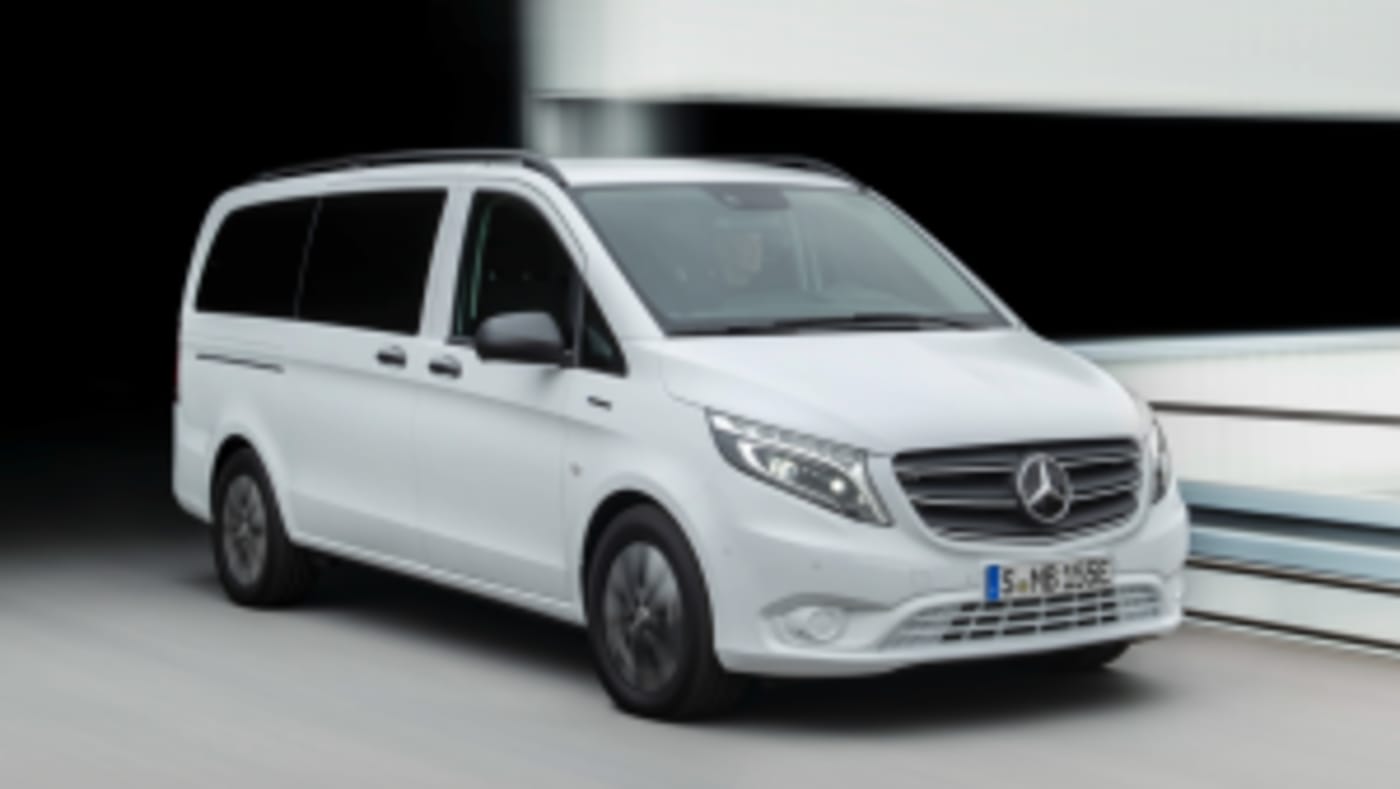
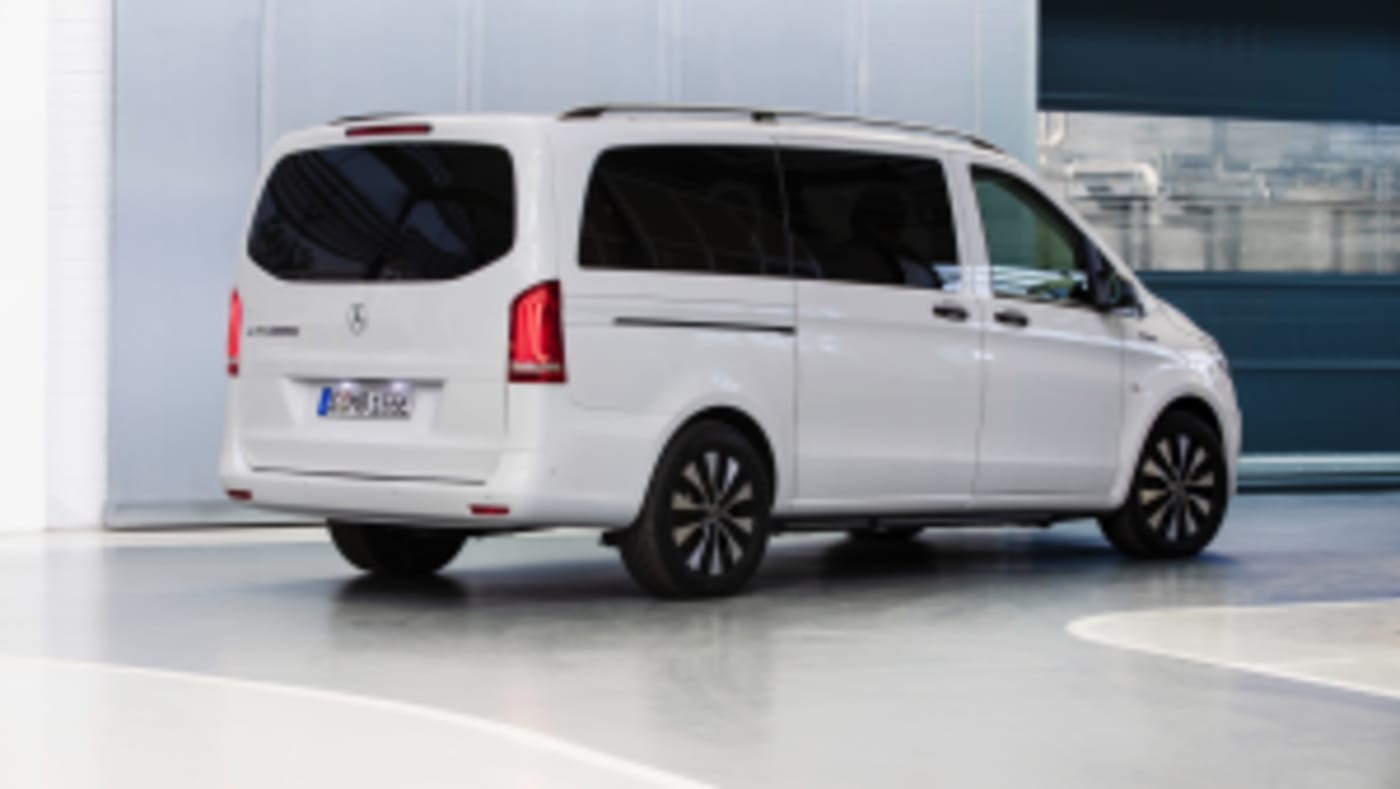
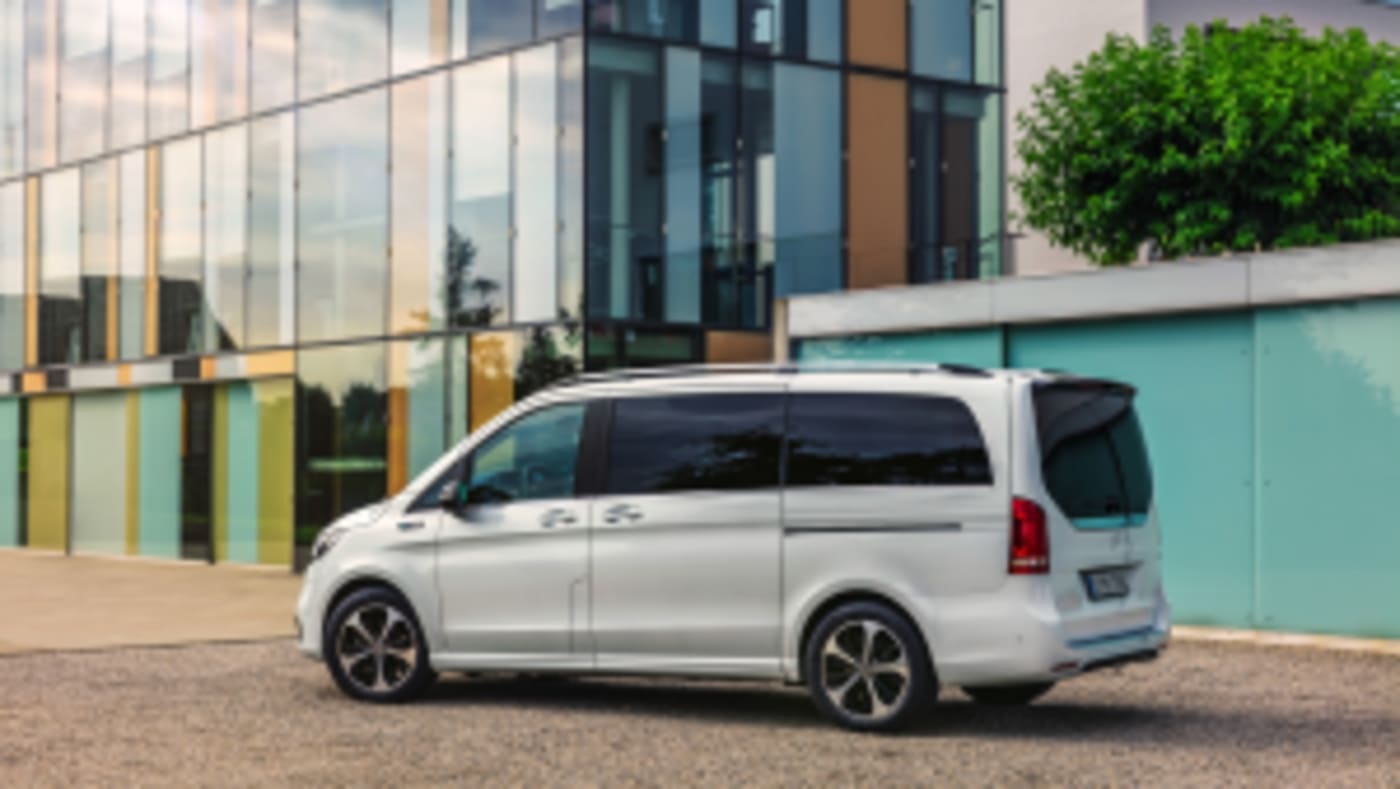
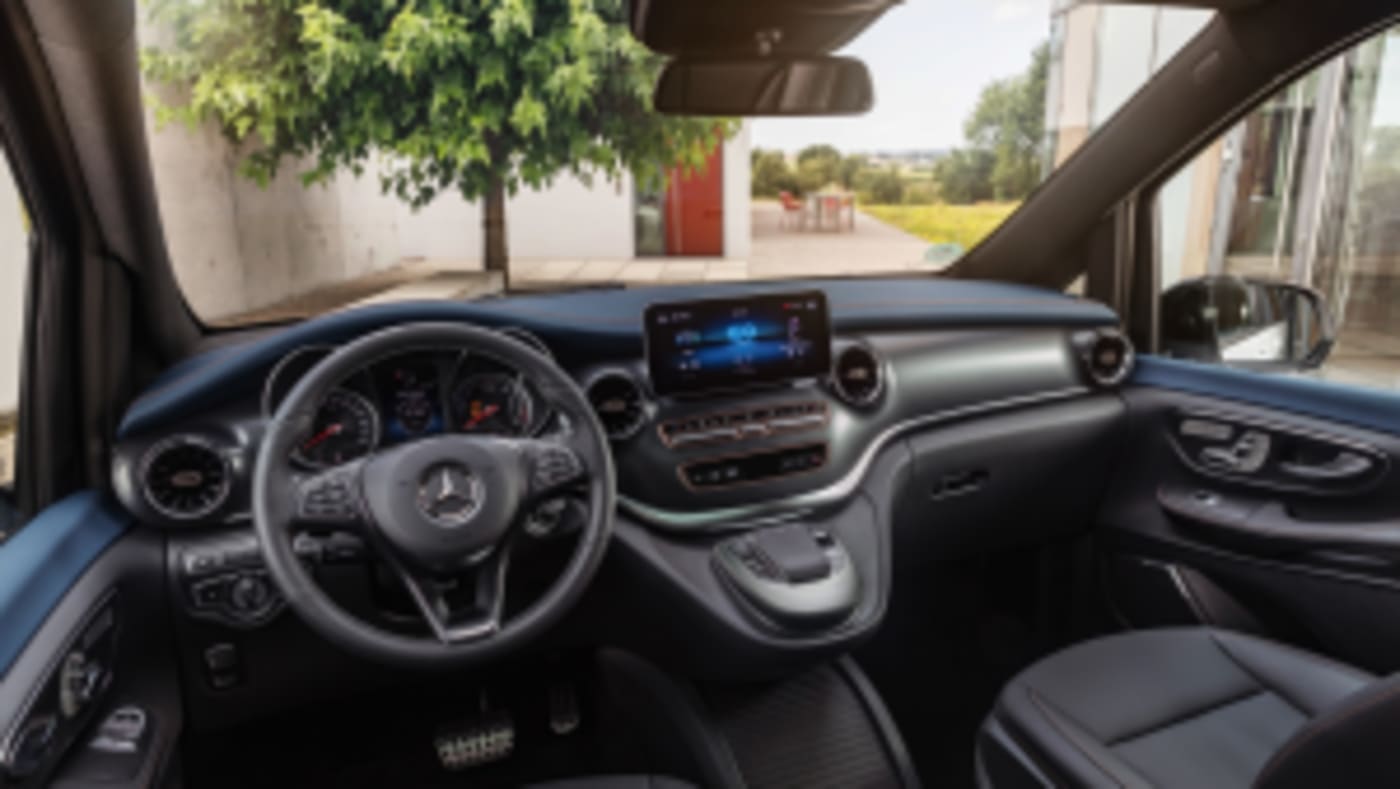


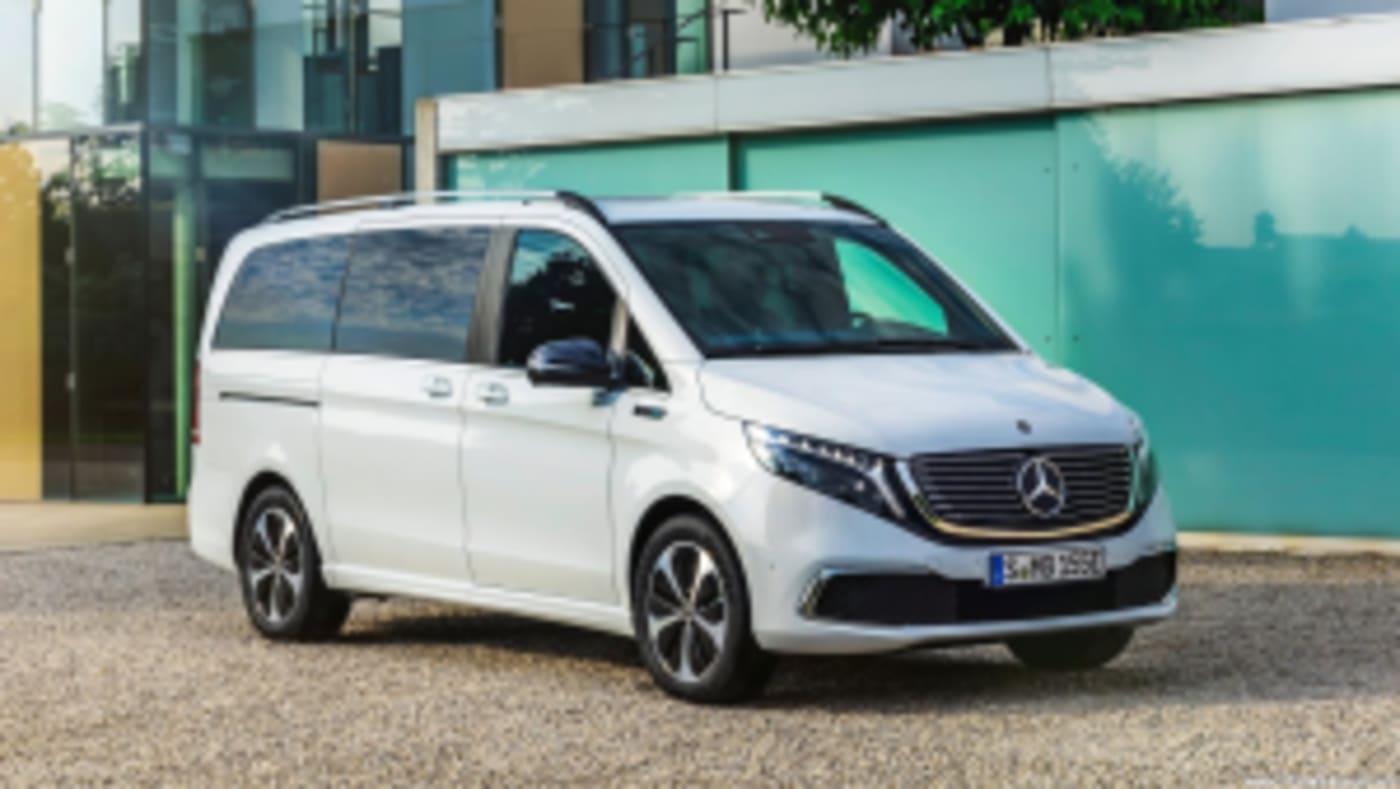
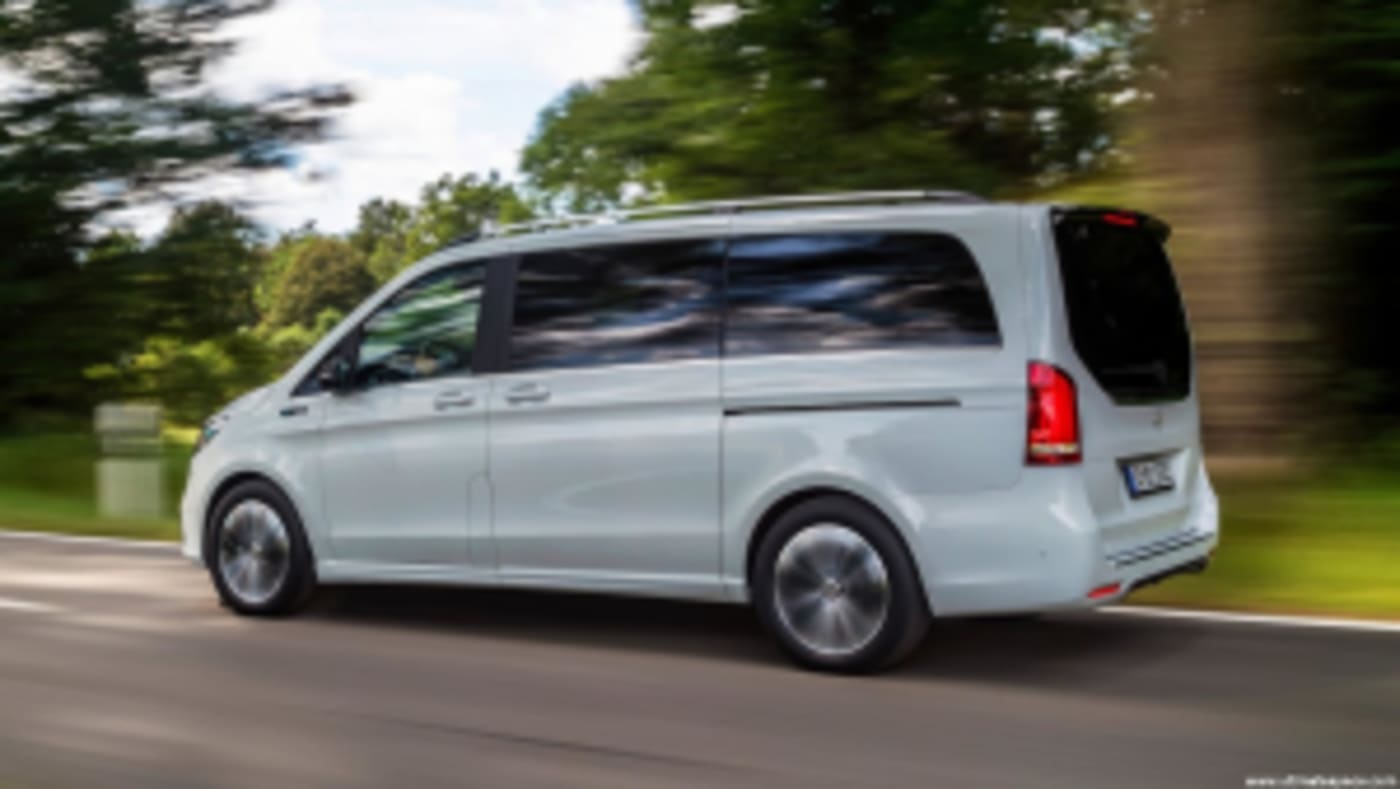
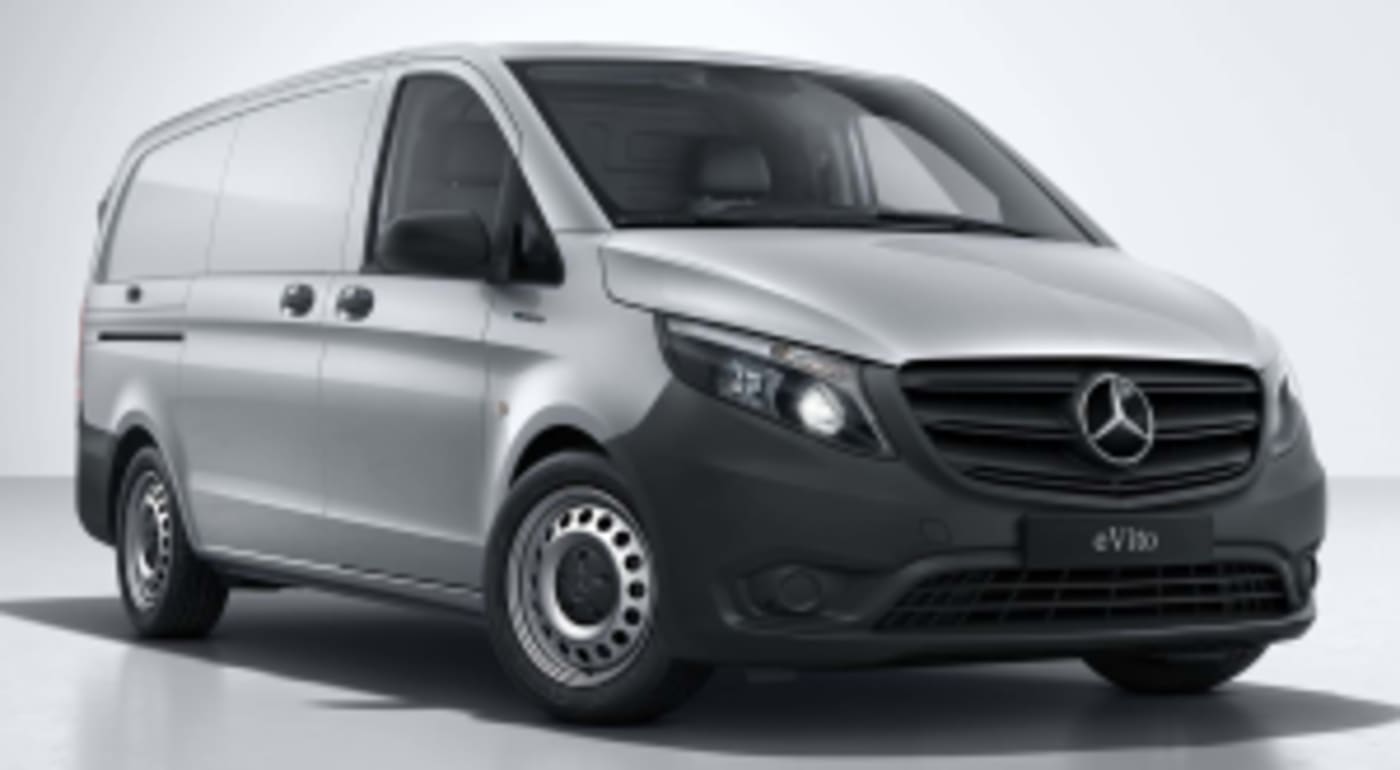
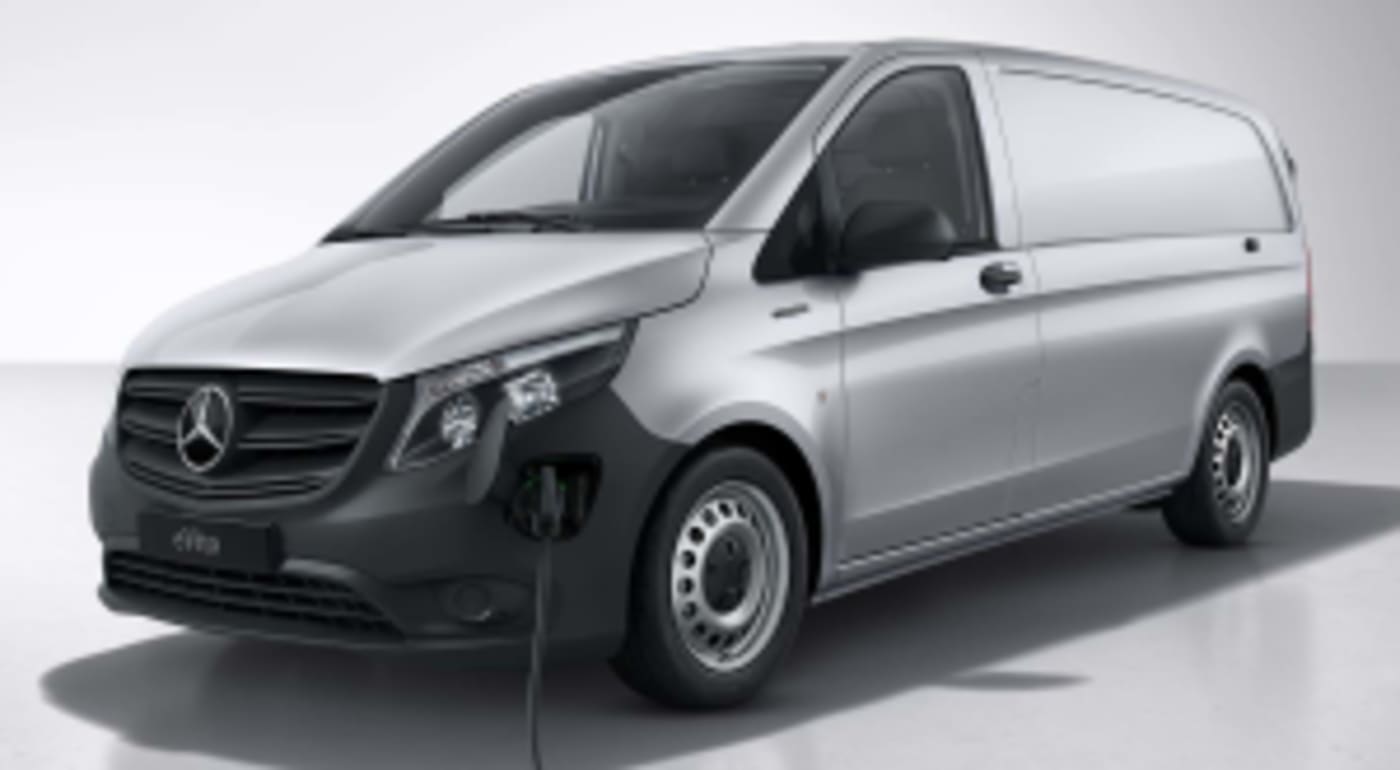


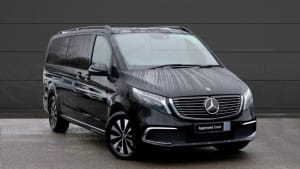


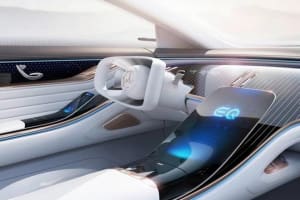

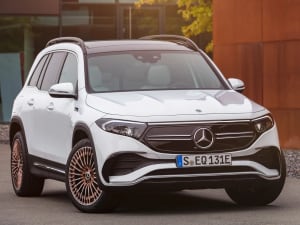

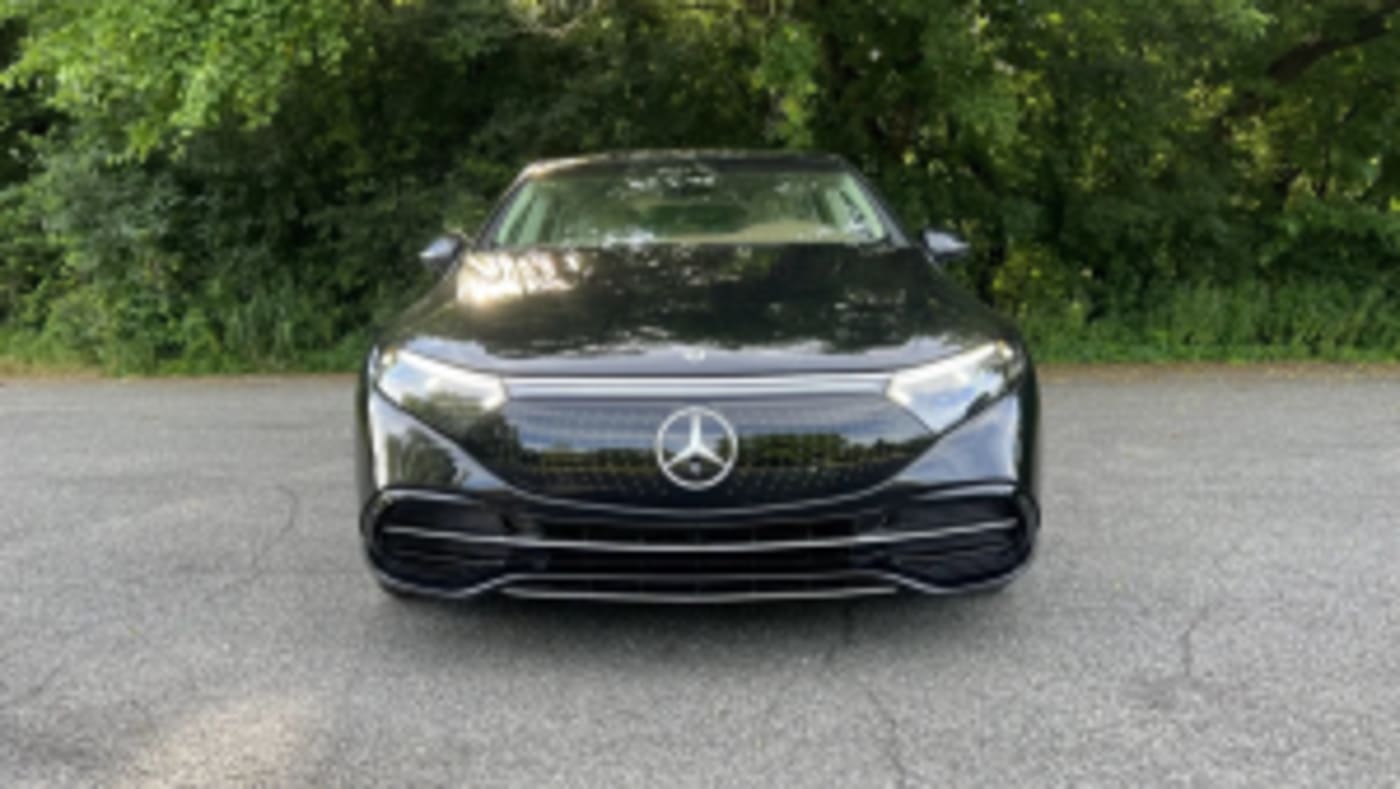
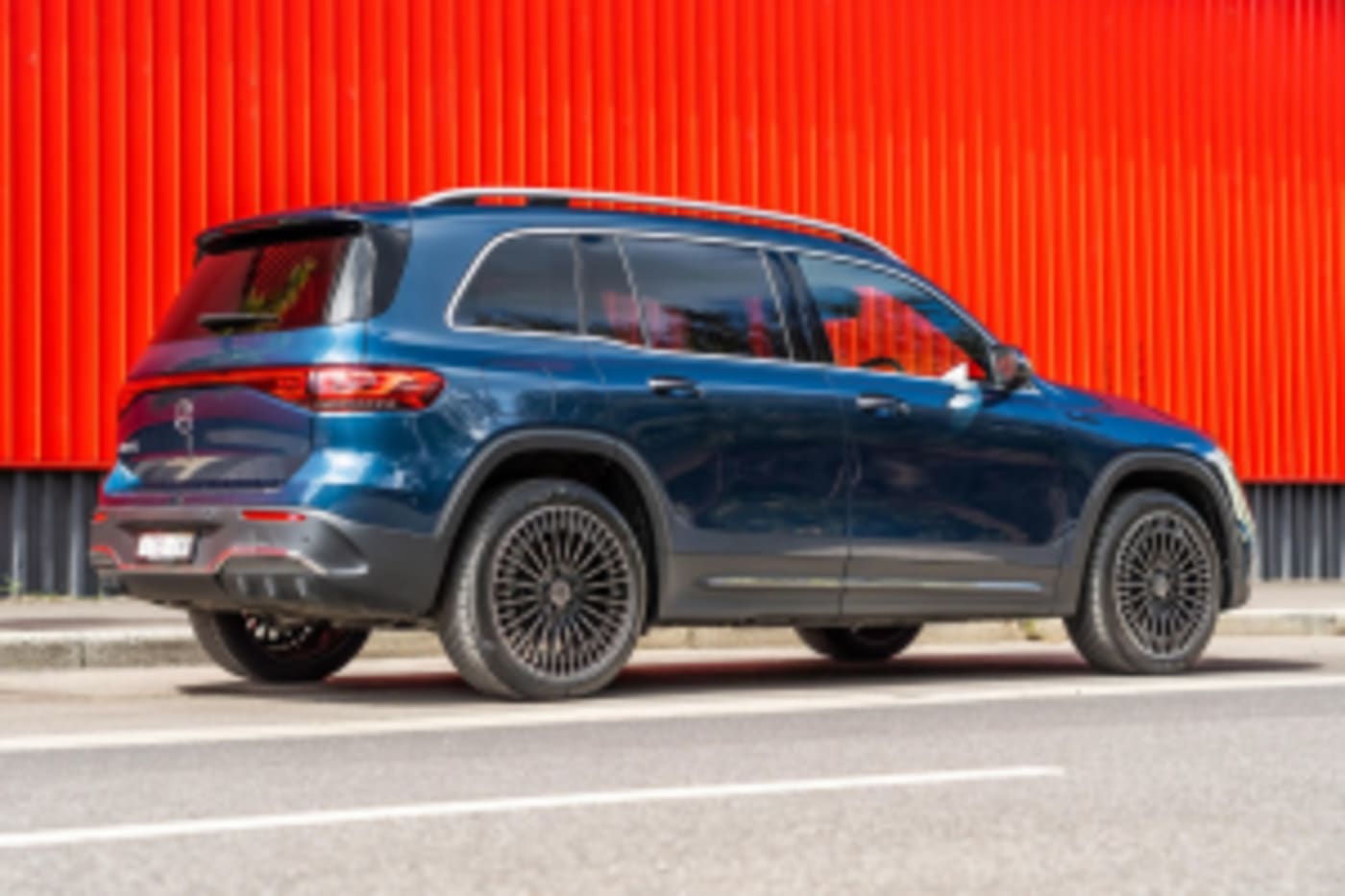
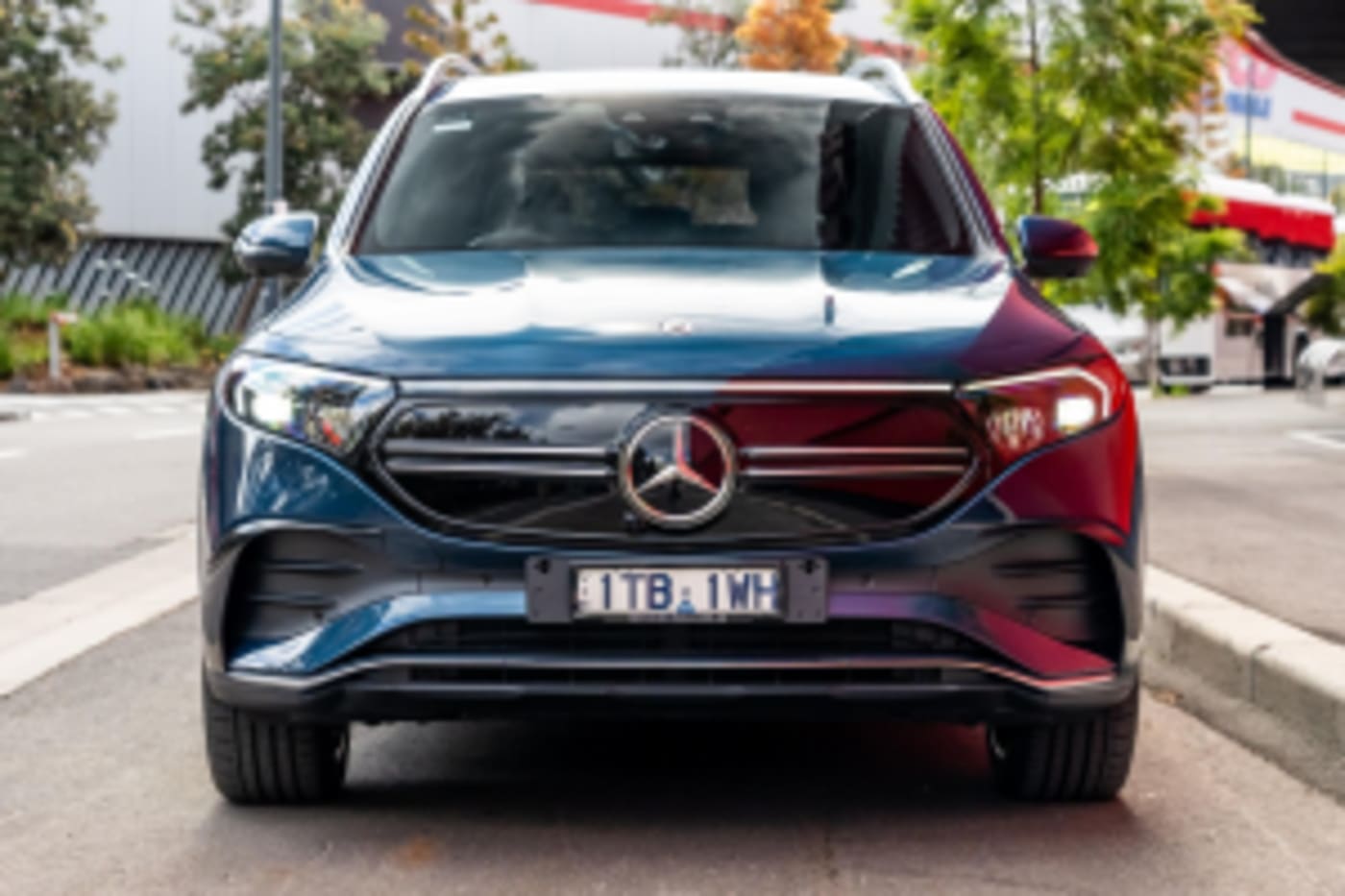

Mercedes electric vehicles
Mercedes is a German automobile manufacturer that was founded in 1926. It is one of the best-known and most respected luxury car brands in the world. In recent years, Mercedes has been making a big push into electric vehicles (EVs). The company currently has three EVs on the market: the EQS, the EQE, and the EQC.
The EQS is a luxury sedan that is known for its long-range and luxurious interior. It has a range of up to 784 kilometers (488 miles) on a single charge, and it can accelerate from 0 to 100 kilometers per hour (0 to 62 miles per hour) in just 3.8 seconds. The EQS also has a luxurious interior that is made with high-quality materials. It features Nappa leather seats, European wood trim, and a panoramic sunroof.
The EQE is a mid-size luxury sedan that is based on the EQS platform. It has a range of up to 644 kilometers (401 miles) on a single charge, and it can accelerate from 0 to 100 kilometers per hour (0 to 62 miles per hour) in just 4.3 seconds. The EQE also has a luxurious interior that is similar to the EQS.
The EQC is a luxury SUV that is based on the GLC platform. It has a range of up to 417 kilometers (259 miles) on a single charge, and it can accelerate from 0 to 100 kilometers per hour (0 to 62 miles per hour) in just 4.8 seconds. The EQC also has a spacious and comfortable interior that can seat up to five passengers.
Mercedes is committed to expanding its lineup of EVs in the coming years. The company plans to introduce several new EVs in the next few years, including an electric version of the G-Class SUV and an electric version of the S-Class sedan.
In addition to its EVs, Mercedes is also investing heavily in EV infrastructure. The company is building a network of fast-charging stations across Europe and North America. Mercedes is also developing new battery technologies that will make its EVs even more efficient and affordable.
Mercedes is a leader in the EV market, and it is well-positioned to continue to be a leader in the years to come. The company has a strong lineup of EVs, and it is investing heavily in EV infrastructure and battery technology. If you are looking for a luxurious and efficient EV, Mercedes is a great option to consider.
What makes Mercedes EVs different from other brands?+
While the electric vehicle market is becoming increasingly crowded, Mercedes stands out thanks to some key differentiators:
Focus on luxury and performance: Mercedes doesn't skimp on the premium experience in its EVs. Interiors are lavishly appointed with high-quality materials and cutting-edge technology, often mirroring the feel of their gas-powered counterparts. They also don't hold back on performance, with many models offering impressive acceleration and handling.
Range and efficiency: Mercedes has invested heavily in developing efficient electric powertrains, resulting in some of the longest ranges in the industry. The EQS sedan, for example, boasts an EPA-estimated range of over 400 miles, putting it among the leaders in this category.
Technology and innovation: Mercedes is at the forefront of EV technology, incorporating features like over-the-air software updates, advanced driver-assistance systems, and even in-car entertainment systems that adapt to your mood. The MBUX infotainment system is a prime example, offering a seamless and intuitive user experience.
Luxury brand cachet: Owning a Mercedes is a status symbol, and that extends to their electric vehicles. This brand recognition and association with luxury can be a major draw for certain buyers.
Shifting branding approach: While previously using the "EQ" sub-brand for electric vehicles, Mercedes recently announced a potential move to integrate them directly into the main brand lineup. This suggests a commitment to full electrification and could further blur the lines between their gas and electric models.
However, it's important to note that other brands also excel in various aspects:
- Tesla: Pioneering EV technology and range, but interior quality may not match Mercedes.
- Lucid Air: Rivals Mercedes in range and luxury, but still a newer brand with limited availability.
- BMW and Audi: Offer strong contenders in performance and technology, but range may be slightly lower.
Ultimately, the "best" EV brand depends on your individual priorities. If you value luxury, performance, and cutting-edge technology, Mercedes is definitely worth considering. However, it's always wise to compare options and test drive vehicles before making a decision.
What are the different models of Mercedes EVs available?+
As of today, January 4, 2024, Mercedes-Benz offers a range of electric vehicles EVs under their EQ- sub-brand. Here's a quick overview of the different models available:
Luxury sedans:
- EQS: The flagship EV from Mercedes, offering exceptional range, comfort, and technology. It's available in both standard and long-wheelbase versions, with a range of up to 387 miles on a single charge.
- EQE: A smaller and more affordable alternative to the EQS, but still packed with luxury features and a range of up to 340 miles.
SUVs:
- EQB: A compact SUV that's perfect for families, with three rows of seating and a range of up to 230 miles.
- EQC: A mid-size SUV with a sporty design and a range of up to 234 miles.
- EQS SUV: The all-electric version of the popular GLS SUV, offering spacious third-row seating and a range of up to 340 miles.
Commercial vehicles:
- eVito: A battery-powered version of the Vito van, with a range of up to 91 miles.
- eSprinter: A fully electric version of the Sprinter van, with a range of up to 126 miles.
Small cars:
- EQA: The most affordable EV from Mercedes, offering a stylish design and a range of up to 232 miles.
In addition to these models, Mercedes-Benz is also planning to launch several new EVs in the coming years, including a pickup truck and a sports car.
When choosing a Mercedes EV, it's important to consider your needs and budget. The EQS is the most luxurious and longest-range option, while the EQA is the most affordable. The EQB and EQC are good choices for families, while the EQS SUV is perfect for those who need a spacious and luxurious SUV.
How much do Mercedes EVs cost?+
The price of Mercedes EVs can vary depending on the model and trim level. Here's a general overview:
- The Mercedes-Benz EQS, their flagship electric sedan, starts at $105,550 for the base rear-wheel-drive model and can go up to $136,650 for the top-of-the-line Pinnacle trim with all-wheel drive. It offers a luxurious and spacious interior, along with a long driving range of up to 340 miles.
- The Mercedes-Benz EQE, a smaller and more affordable sedan, starts at $76,050. It still offers a premium driving experience and a range of up to 232 miles on a single charge.
- The Mercedes-Benz EQC, their first electric SUV, starts at $68,150. It offers practicality and comfort for families, with a range of up to 234 miles.
- The Mercedes-Benz EQB, a smaller and more affordable SUV, starts at $54,500. It offers seating for up to seven passengers and a range of up to 230 miles.
Overall, Mercedes EVs are still on the more expensive side of the electric car market. However, they offer a premium driving experience, luxurious interiors, and long driving ranges. If you're looking for a luxurious and high-performance electric car, Mercedes is definitely a brand to consider.
Here are some additional factors that can affect the price of a Mercedes EV:
- Dealer markup: Some dealers may add a markup to the MSRP of the car.
- Options: Adding options such as a sunroof, heated seats, or a premium sound system will increase the price of the car.
- Federal and state tax credits: You may be eligible for federal and state tax credits that can reduce the price of the car.
What is the range of Mercedes EVs?+
The range of Mercedes EVs varies depending on the model, year, and battery size. Here's a quick overview of the ranges of some popular Mercedes EV models:
- EQA: Up to 328 miles for the EQA 250+, 267 miles for the EQA 300 4Matic and EQA 350 4Matic.
- EQB: Up to 253 miles.
- EQC: Up to 259 miles.
- EQE: Up to 410 miles for the EQE 350+, 340 miles for the EQE 300.
- EQS: Up to 355 miles for the EQS 450+, 340 miles for the EQS 580 4MATIC.
It's important to note that these are the official EPA-rated ranges, and your actual range may vary depending on factors like driving conditions, weather, and how you use the car's features.
Here are some additional things to keep in mind when considering the range of a Mercedes EV:
- Charging speed: Mercedes EVs can be charged at different speeds, depending on the charger you use. A DC fast charger can add up to 100 miles of range in 30 minutes, while a Level 2 charger will take several hours to fully charge the battery.
- Driving style: Aggressive driving will deplete the battery more quickly than driving steadily.
- Weather: Cold weather can reduce the range of an EV.
If you're considering buying a Mercedes EV, it's important to do your research and choose a model that has a range that meets your needs. You can also use the Mercedes-Benz website or app to estimate the range of a specific model based on your driving habits and conditions.
How long does it take to charge a Mercedes EV?+
The charging time for a Mercedes EV depends on several factors, including:
- The specific model of Mercedes EV: Different models have different battery sizes and charging capabilities. For example, the Mercedes EQS has a much larger battery than the Mercedes EQA, so it will take longer to charge.
- The type of charger you are using: There are three main types of chargers for electric vehicles: Level 1, Level 2, and DC fast chargers. Level 1 chargers are the slowest, while DC fast chargers are the fastest.
- The starting battery level of your car: A car with a lower battery level will obviously take longer to charge than a car with a higher battery level.
Here is a general guide to the charging times for Mercedes EVs:
- Level 1 charging 110V: This is the slowest type of charging, and it can take up to 24 hours to fully charge a Mercedes EV.
- Level 2 charging 240V: This is the most common type of charger for home use, and it can take 4-8 hours to fully charge a Mercedes EV.
- DC fast charging 400V or higher: This is the fastest type of charging, and it can take 30-60 minutes to charge a Mercedes EV from 10% to 80%.
Here are some specific examples of charging times for different Mercedes EV models:
- Mercedes EQS:
- Level 1 charging: 48 hours
- Level 2 charging: 11.25 hours
- DC fast charging: 31 minutes 10% to 100%
- Mercedes EQA:
- Level 1 charging: 24 hours
- Level 2 charging: 5.25 hours
- DC fast charging: 35 minutes 10% to 80%
What are the maintenance requirements for a Mercedes EV?+
While Mercedes EVs require significantly less maintenance than their gasoline counterparts, they still have specific needs to keep them running smoothly and efficiently. Here's a breakdown of the maintenance you can expect:
General Maintenance every 10,000 miles:
- Tire rotation: Ensure even wear and prolong tire life.
- Cabin air filter and pollen filter replacement: Improves cabin air quality and prevents allergens.
- Windshield wiper fluid top-off: Maintain clear visibility during rain or snow.
- Visual inspection: Check for any visible damage or leaks.
Extended Maintenance every 20,000 miles:
- More thorough inspection: Includes battery, brakes, suspension, and charging components.
- Charging cable and socket inspection: Ensures safe and efficient charging.
- Dust filter replacement: Helps keep the battery and other components clean.
- Brake fluid replacement: Maintains optimal braking performance.
- Brake pad and disc inspection and replacement if needed: Ensures safe stopping power.
- Tire inspection: Check tread depth and pressure for safety.
Additional Points:
- No oil changes! EVs don't have combustion engines, so oil changes are unnecessary.
- Coolant system: Some models require coolant flushes and refrigerant recharges at specific intervals. Check your owner's manual.
- Transmission fluid: Some automatic transmissions in EVs require fluid changes. Again, refer to your manual.
- Battery service: While battery degradation is normal, Mercedes service centers can evaluate your battery health and advise on potential replacements.
Resources:
- Mercedes-Benz owner's manual: This is the definitive source for your specific model's maintenance schedule.
- Mercedes-Benz website: Offers information on EV maintenance and service.
- Your local Mercedes-Benz dealership: Trained technicians can answer your questions and perform maintenance work.
Remember, following the recommended maintenance schedule will help keep your Mercedes EV running in peak condition, maximize its lifespan, and ensure your safety on the road.
Does Mercedes offer any tax credits or incentives for purchasing an EV?+
The situation with Mercedes EV tax credits is a bit complicated due to recent changes in the US tax code. Here's a breakdown:
Federal Tax Credits:
- As of August 16, 2022, most Mercedes EQ models no longer qualify for the full federal tax credit due to new restrictions in the Inflation Reduction Act. These restrictions involve battery sourcing and manufacturing requirements.
- However, a few exceptions remain:
- EQB 350 and 300 models: These may still qualify for the full $7,500 credit.
- Certain high-performance AMG models: For example, the EQS Sedan AMG versions.
- It's crucial to confirm eligibility for specific models with your dealer or by checking resources like the official IRS website and Plug-In Electric Drive Motor Vehicle Credit Form 8936.
State Incentives:
- While federal options are limited, some states offer generous EV incentives. California, for instance, has the Clean Vehicle Rebate Project, which provides up to $7,000 for BEVs and $2,000 for PHEVs depending on income and vehicle.
- Check with your state's environmental agency or tax department for specific programs and eligibility requirements.
Additional Factors:
- Even if a model doesn't qualify for the full federal credit, remember that electric vehicles still offer long-term savings on fuel costs.
- Some dealerships might offer their own incentives or discounts on EVs.
Here are some helpful resources for researching EV tax credits:
- IRS Plug-In Electric Drive Motor Vehicle Credit Form 8936): Link(https://www.irs.gov/forms-pubs/about-form-8936
- FuelEconomy.gov EV tax credit tool: Link
- Plug In America state incentives map: Link
What is the warranty on a Mercedes EV?+
The warranty on a Mercedes EV actually includes multiple parts, so let's break it down:
New Vehicle Basic Warranty: This covers all non-EV components of the car and lasts for 4 years or 80,000 kilometers whichever comes first. It's similar to the warranty on any other Mercedes-Benz car.
High Voltage HV) Battery Warranty: This is what most people think of when they talk about an EV warranty. Mercedes offers a generous warranty on their EV batteries, lasting for 10 years or 155,000 miles (whichever comes first. This exceeds the minimum U.S. requirement of 8 years or 100,000 miles.
Roadside Assistance: All new Mercedes-Benz EVs come with 4 years of unlimited-mileage roadside assistance. This means you can call for help if you get a flat tire, run out of gas or, well, electricity, or have any other mechanical trouble.
Extended Limited Warranty: You can also purchase an extended warranty that covers beyond the basic coverage. This can extend your overall coverage for the non-EV components up to 7 years and 160,000 kilometers.
Here are some additional things to keep in mind:
- The specific warranty terms may vary depending on the model year of your car and where you live.
- The warranty covers defects in materials and workmanship, but it doesn't cover normal wear and tear or damage caused by accidents or misuse.
- You can find more information about the warranty on the Mercedes-Benz website or in your owner's manual.
Where can I learn more about Mercedes EVs?+
There are many resources available to learn more about Mercedes EVs. Here are a few suggestions:
- The Mercedes-Benz website: The official website of Mercedes-Benz has a dedicated section for its EQ electric vehicles. Here you can find information on all of the current models, as well as specifications, features, and pricing. You can also browse brochures and build your own custom EQ vehicle.
- Car review websites: There are many car review websites that have in-depth articles on Mercedes EVs. These articles can provide you with a more objective perspective on the vehicles, as well as comparisons to other EVs on the market. Some popular car review websites include Kelley Blue Book, Edmunds, and Car and Driver.
- YouTube: There are many YouTube channels that focus on electric vehicles. These channels can provide you with informative and entertaining videos on a variety of topics, such as EV test drives, comparisons, and news. Some popular YouTube channels for EVs include Fully Charged, WhatCar?, and Bjørn Nyland.
- Your local Mercedes-Benz dealership: Your local Mercedes-Benz dealership is a great resource for learning more about EQ vehicles. The dealership staff can answer your questions, let you take a test drive, and even help you find the perfect EQ vehicle for your needs.
Here are some additional resources that you may find helpful:
- The Electric Vehicle Charging Infrastructure Initiative VECCI: The VECCI is a non-profit organization that is working to create a national network of electric vehicle charging stations. The VECCI website has a map of current charging stations, as well as information on how to get involved in the effort to expand the charging network.
- The Plug In America: Plug In America is a non-profit organization that is working to promote the adoption of electric vehicles. The Plug In America website has a wealth of information on EVs, including articles, videos, and webinars.






